HEARING MAY: MONTH

Mobile Phone-Based Hearing Aids Technologies Marie-Josée Taillefer's COLUMN Compassion at Your Service Seasonal Allergies Their Effects on the Ears

HEARING MAY: MONTH

Mobile Phone-Based Hearing Aids Technologies Marie-Josée Taillefer's COLUMN Compassion at Your Service Seasonal Allergies Their Effects on the Ears
May, Hearing Month, constitutes a crucial period that prompts us to reflect on our hearing health. This is an opportune moment to become aware of the importance of good hearing health to appreciate the joyful moments of life. At the heart of this reflection, it is important to acknowledge the vital role of the services offered by hearing health professionals, dedicated to our well-being.
These professionals are committed to continually meeting the specific needs of their patients, staying updated on technological advancements in the field of hearing solutions, ear treatments, and personalized approaches to patient care. They are constantly on the lookout for innovations that could enhance their practice, aware of the growing population needs regarding hearing health, and determined to continue their mission to break the isolation caused by hearing loss.
In this edition of Lobe Magazine, we shed light on the various strategies adopted by hearing health professionals to address the evolving needs of patients. You will also discover the inspiring story of Laurie Gauthier, a young girl who bravely overcame numerous challenges, becoming a source of inspiration for all.
We also had the privilege of speaking with Mrs. Jeanick Fournier, whose journey filled with love and passion in the fields of health and music will captivate you and encourage you to believe in your dreams.
Wishing you a wonderful read!
Marie-Josée Taillefer Ambassador of Lobe clinics and hearing health
Volume 17, number 2, 2024
Editor Anne Dauphinais
Graphic designer
Andrée-Anne Michel
Printing house
TC Imprimeries Transcontinental
Rights and responsibilities
Any translation, reproduction or adaptation of texts, illustrations and photos in this work, for any reason whatsoever, in whole or in part, is strictly prohibited without written permission from the editor.
The opinions expressed in articles published by Publications Lobe are the responsibility of the author.
Legal deposit
IISSN 1913-0287
Bibliothèque et Archives nationales du Québec, Montréal Library and Archives Canada, Ottawa
Publications Lobe
725, boulevard Lebourgneuf, suite 303 Québec (Québec) G2J 0C4
Tel.: 418 877-7222
Fax: 581 814-6260
Email: info@lobe.ca lobe.ca
Printed in Canada
All trademarks are the property of Lobe Santé auditive inc./Bulletin produced by Publications Lobe.

In the aquatic environment, sound travels four times faster than in the air. This fundamental difference originates from the distinct molecular structure of these two elements. In water, molecules are more tightly bound and closer together than in air.
Imagine a simple gesture like snapping your fingers underwater. The surrounding water molecules then vibrate, gradually transmitting these vibrations through the medium, thus creating a sound wave. Thanks to its higher density compared to air, this wave travels particularly efficiently, covering greater distances while maintaining its sound clarity.
For scientists, this characteristic holds paramount importance in the study of oceans, where sonars are employed to explore the seabed and unravel the mysteries of the abyss.
Reference: Comment le son se propage-t-il ? : Vitesse du son dans l'air et l'eau - Unisson. (2022, 28 décembre). Laboratoires
https://www.laboratoires-unisson.com/faq/technique/comment-le-son-se-propage-t-il
A Woman of Great Heart and Passion

Life is a series of challenges that expose us to choices, sometimes obvious, sometimes more difficult. However, if we remain open to change and the unexpected, it will also be punctuated by pleasant surprises. This blend of circumstances is what makes existence so fascinating. Jeanick Fournier shares her story, illustrating an unwavering trust in life and everything it brings our way.
I've always worked in the field of assistance. For 17 years, I worked as a palliative care attendant. Although it represents a challenging aspect of the healthcare sector, for me, it was the only conceivable path, where I truly felt at home.
My sister has severe intellectual disabilities. I often say that she taught me to be the person I am. She instilled in me the desire and passion to work with people who are different, who face adversity, and who need support.
Before each encounter with my patients, I would ask the universe, “Give me the means to offer the best of myself to these people in need.” And that's what I did, giving everything I could to change the atmosphere, bring lightness, and even manage to make them laugh. Contrary to preconceived notions about palliative care, there is room for many joyful moments. With a positive approach, we manage to find a form of happiness.
I made it my mission to brighten the end of life through stories, jokes, and lots and lots of music and songs. I've been singing forever, I've always worked in the entertainment industry. So it was only natural for me to use singing to embellish the moments spent with patients.
Throughout my life, I've often been encouraged to explore my singing talent further, to see beyond, to participate in competitions so that my voice could be heard even louder. However, as a single mother of two children with Down syndrome, my life was already full. I hesitated for a long time before taking the plunge, but one day, I decided to audition for Canada's Got Talent. It was the beginning of a whole new reality.
Winning the “Golden Buzzer” required making choices. I took the leap into the artistic world. My personal and professional life became very busy very quickly.
It's wonderful that this opportunity came in my fifties. It's a time when you know better what you want and, more importantly, what you don't want anymore. This gives you the strength and confidence to move in the right direction. The first year was full of adrenaline, both exciting and bewildering. From the very beginning, my close circle - whom I affectionately call my “inner circle” has surrounded me, supported me, and helped me maintain balance.
Returning home to the so-called normal daily routine requires some adjustment. In those moments, I take deep breaths and remind myself that I'm doing my best. We should all remind ourselves of this when we feel overwhelmed. It's crucial to trust ourselves and remember that we have the tools necessary to overcome any challenges that come our way.
Let's savour every moment that presents itself to us and stay connected to the world around us.
Jeanick Fournier
To maintain my physical fitness, I make sure to sleep well and eat well to preserve the energy needed for my journey. I also make an effort to devote time to my former passions, such as bringing joy to people at the end of life through activities like participating in fundraisers. This human dimension remains a priority. It will always be a part of me.
It's essential never to silence our inner voice and to listen to our passions and desires. We shouldn't let doubts creep in because of judgment or others' opinions. Let's move forward, open our arms, and not be afraid to ask questions. I send all these thoughts into the universe and remain open to the answers that come to me.
My experience in palliative care constantly reminds me of the importance of living fully now, because no one knows when our time will be up. My children also constantly remind me of this. Let's savour every moment that presents itself to us and stay connected to the world around us. It's the most beautiful gift we can offer ourselves and all those we love!
A huge thank you to Jeanick Fournier for this wonderful interview that reminds us of the importance and richness of the present moment to fully experience every instant!
 Anne Dauphinais Editor and Communication Advisor
Anne Dauphinais Editor and Communication Advisor
The Lobe clinic network is pleased to actively participate in the Hearing Month (May), a privileged opportunity to raise awareness about the importance of healthy hearing. Beyond this dedicated period for hearing health, the professionals practicing within the Lobe clinics constantly remain at the forefront of trends and new technologies. In an era where hearing health is gaining increasing importance, it becomes imperative to enhance their approach to provide services of quality that meet the specific needs of each patient.

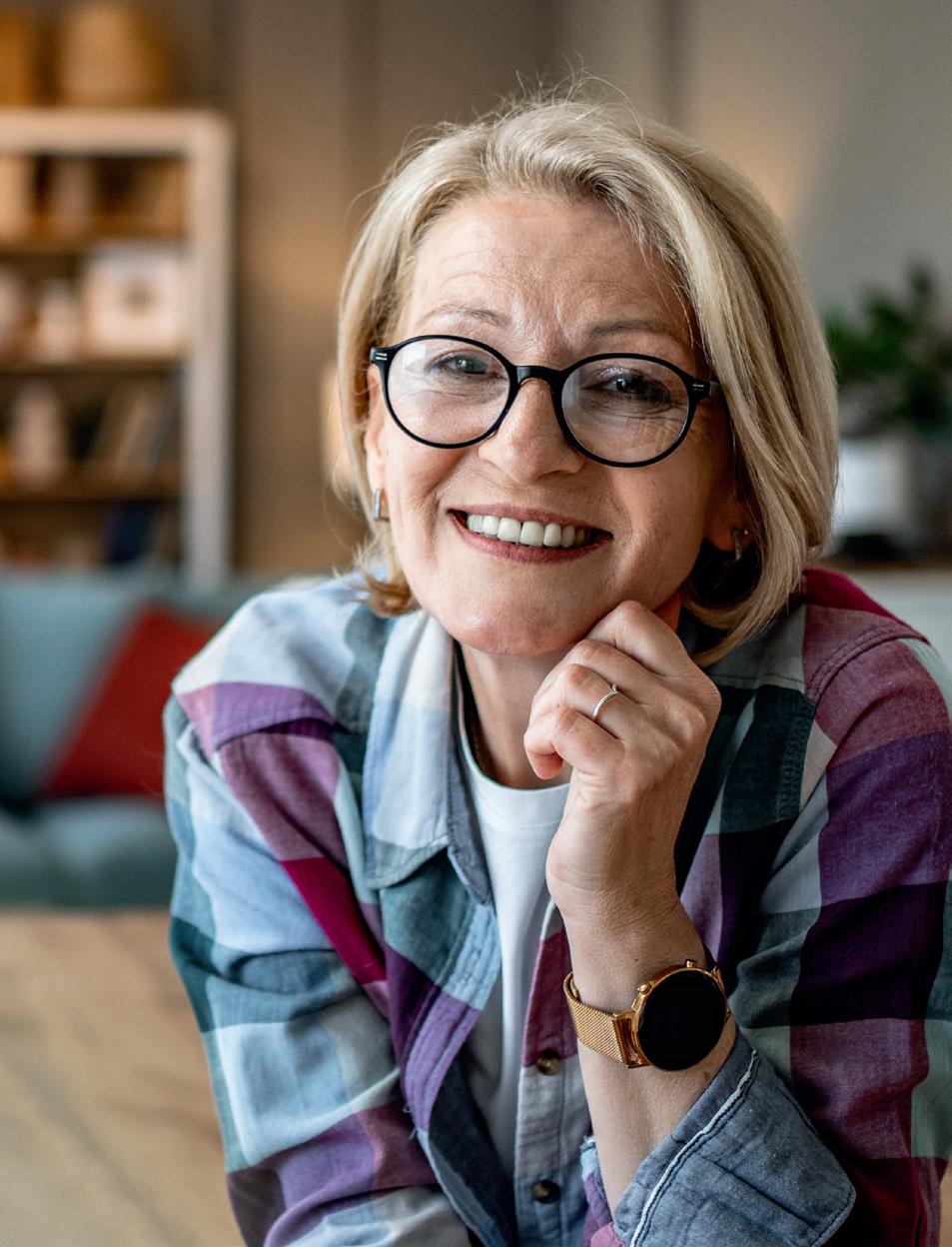

The field of hearing health is rapidly evolving, and we observe several significant changes. The Canadian population is growing, leading to an increase in the demand for hearing health care. By 2050, the global population with hearing loss will exceed one billion people. A notable development is the decrease in the average age of patients obtaining hearing solutions, dropping from 66.9 years in 1989 to 60 years in 2022.
The increase in life expectancy also contributes to a rise in the number of elderly individuals, thus emphasizing the need for quality hearing health care. Although customer satisfaction regarding their hearing aids is currently at a record level, it is vital to remain attentive to emerging trends.
In Quebec, we are proud to have one of the most accessible programs for hearing aids. This initiative aims to facilitate rapid and effective management of hearing loss, demonstrating our commitment to the auditory well-being of the population. We strive to make auditory solutions accessible to a wide range of people, ensuring that everyone can benefit from the advantages of healthy hearing.

In response to the growing needs of the population, we are keen to offer clinics that are up to date and welcoming, creating a comforting environment that fosters patient confidence.
The growth in the number of patients requires continuous adaptation of our infrastructure and exploration of new technologies to meet each patient’s specific needs. Quick accessibility to various hearing health professionals remains a crucial objective while maintaining a personalized and unique experience at each visit.
It is also important to conduct on-theground awareness activities to effectively inform the population about the importance of maintaining good hearing health and to encourage them to consult quickly. The Lobe clinic network is also committed to providing these patients with an experience that meets their expectations within modern clinics.
Choosing qualified professionals is a priority to ensure services with high-quality standards. Continuous education is also at the heart of our concerns, ensuring that the hearing health professionals practicing within the Lobe clinics can enhance their skills and knowledge and have access to the latest technological advancements.
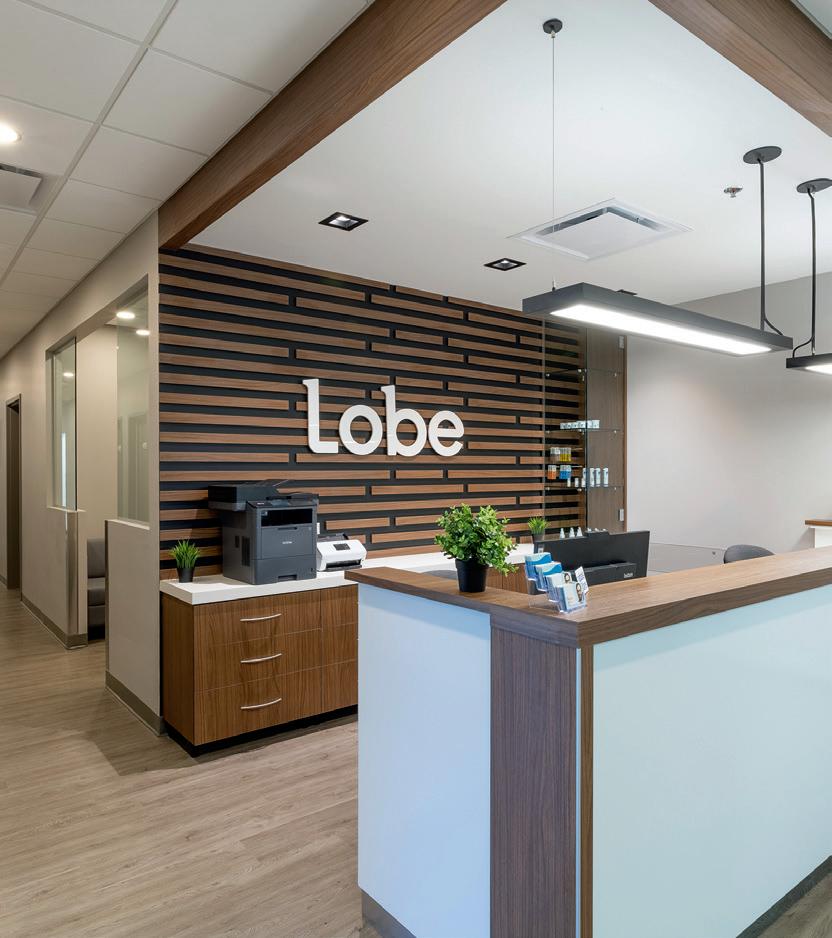
The professionals working within the Lobe clinics stand out for their patient-centred approach. They are committed to changing lives by breaking the isolation caused by hearing loss. Each patient is unique, and each consultation is handled with a personalized approach. The professionals practicing within the Lobe clinics do not just treat ears but human beings.
The advantage of having all professionals practicing under the same roof allows for a multidisciplinary approach, ensuring comprehensive care at every stage of the process.
Together, we will continue to grow, innovate, and face future challenges so that every patient receives the best possible services.
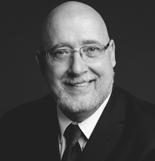 Martin Cousineau President and CEO of the Lobe Clinics Network
Martin Cousineau President and CEO of the Lobe Clinics Network
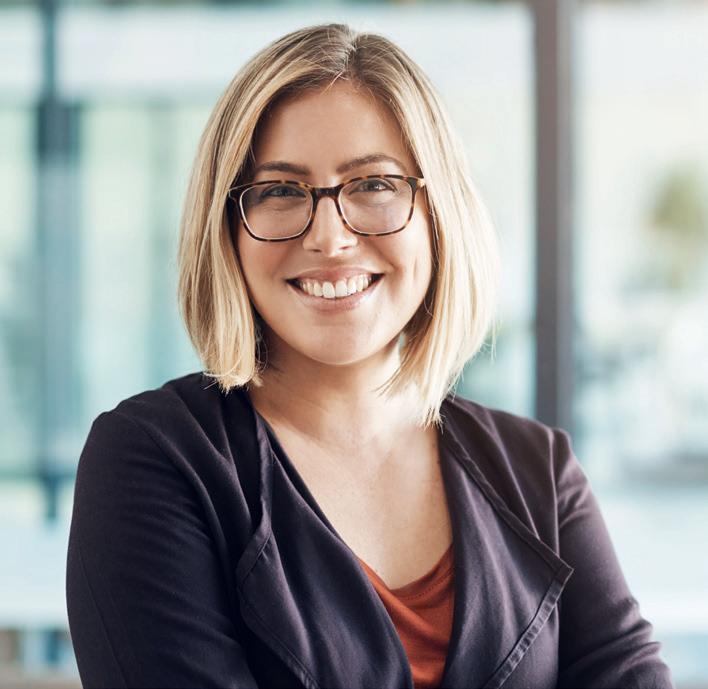
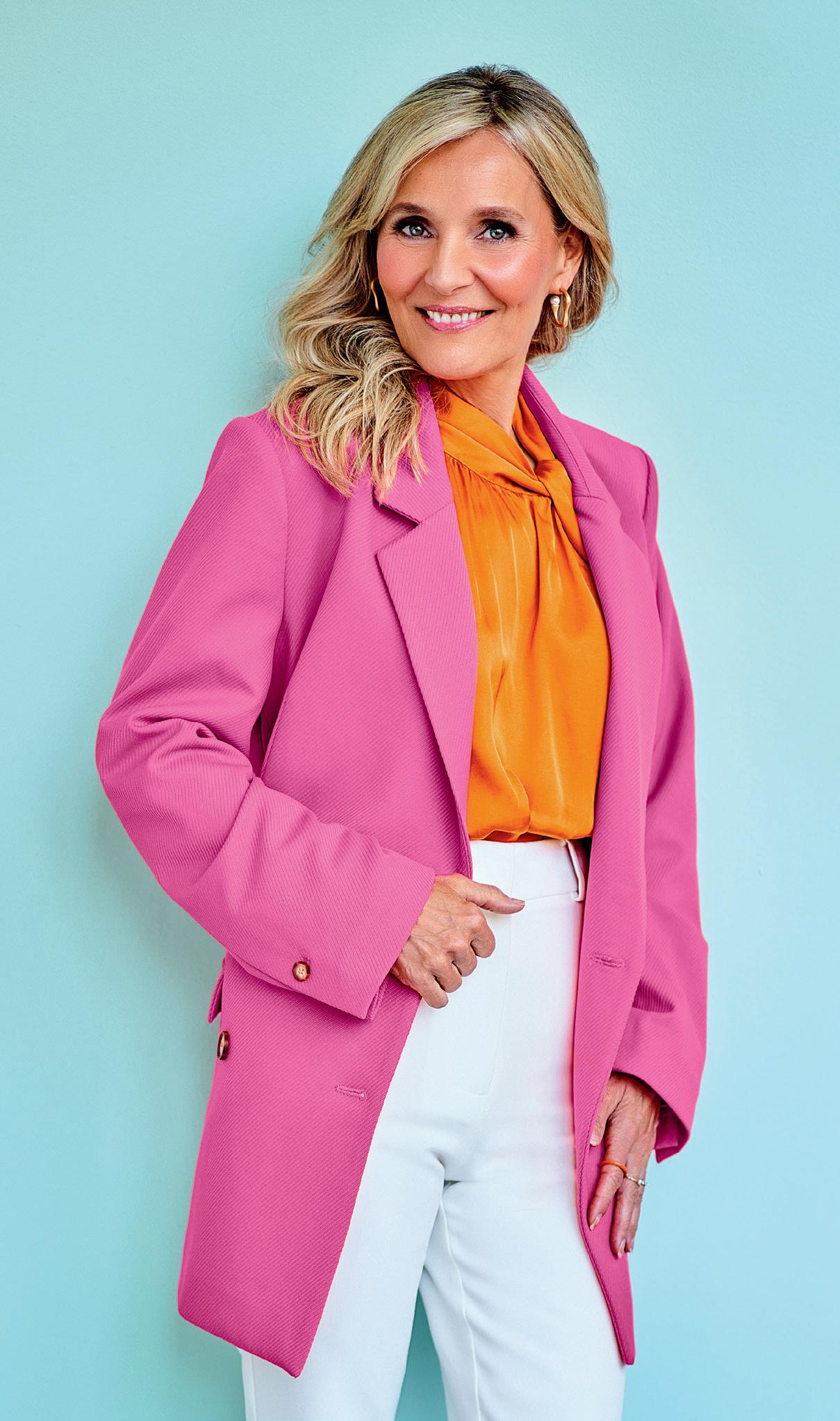
When embarking on a journey towards hearing health, the welcoming atmosphere, attentive listening, understanding, and also indulgence from the people we address are essential to allow us to make the best decisions based on their needs. I had the privilege of meeting three hearing health professionals to discuss the patient-centric approach they prioritize to offer truly unique service.
[Meeting With an Audiologist]
“Prioritizing a personalized approach allows us to understand the patient's motivations for consultation and to foster their commitment to their hearing health. It's essential to ask relevant questions and to be attentive to the answers.”
To explore the signs and potential impacts of hearing loss, the audiologist asks questions such as “Have you noticed any changes in your daily habits? Have you recently set aside certain activities due to your hearing loss, such as dinners with friends or outings to the cinema?”
All this information paints a more precise picture of the patient's hearing and enables the audiologist to provide a service that meets very specific needs.
“It's also important to openly and honestly address preconceived ideas or 'hearsay' about hearing loss and hearing aids to demystify misconceptions and thus alleviate patients' fears.”
To enable the patient to make an informed decision, the professional presents the advantages as well as the considerations of hearing aids. This approach allows the patient to understand that the proposed solution will be tailored to their lifestyle.
[Meeting With a Specialized Educator]
The specialized educator addresses common experiences shared by multiple patients and illustrates these experiences with concrete examples drawn from everyday life. The goal is to normalize hearing aid use and to support the patient in adapting to their new auditory environment.
“At the beginning, people often say that the sound is too loud. I explain to them that certain sounds will reappear in their sound environment and that it may be slightly annoying for a few days. For example, the whistle of the wind or the ticking of the clock are examples of sounds that had probably disappeared and suddenly resurface.”
At the same time, the specialized educator emphasizes that each person with hearing loss approaches their hearing aid journey differently. Recognizing the uniqueness of each patient, they adopt a personalized approach to meet their specific needs. Faced with the diversity of cases encountered, the specialized educator must demonstrate great adaptability, versatility, and open-mindedness. Attentive follow-up is provided from the beginning of the hearing health care process.
Regarding communication techniques, the specialized educator ensures they are perfectly understood by their patient. “I adjust the tone of my voice, making it clearer without shouting. I slow down my speech and ensure to articulate each word to facilitate lip-reading. I also use gestures to reinforce the transmission of information.”
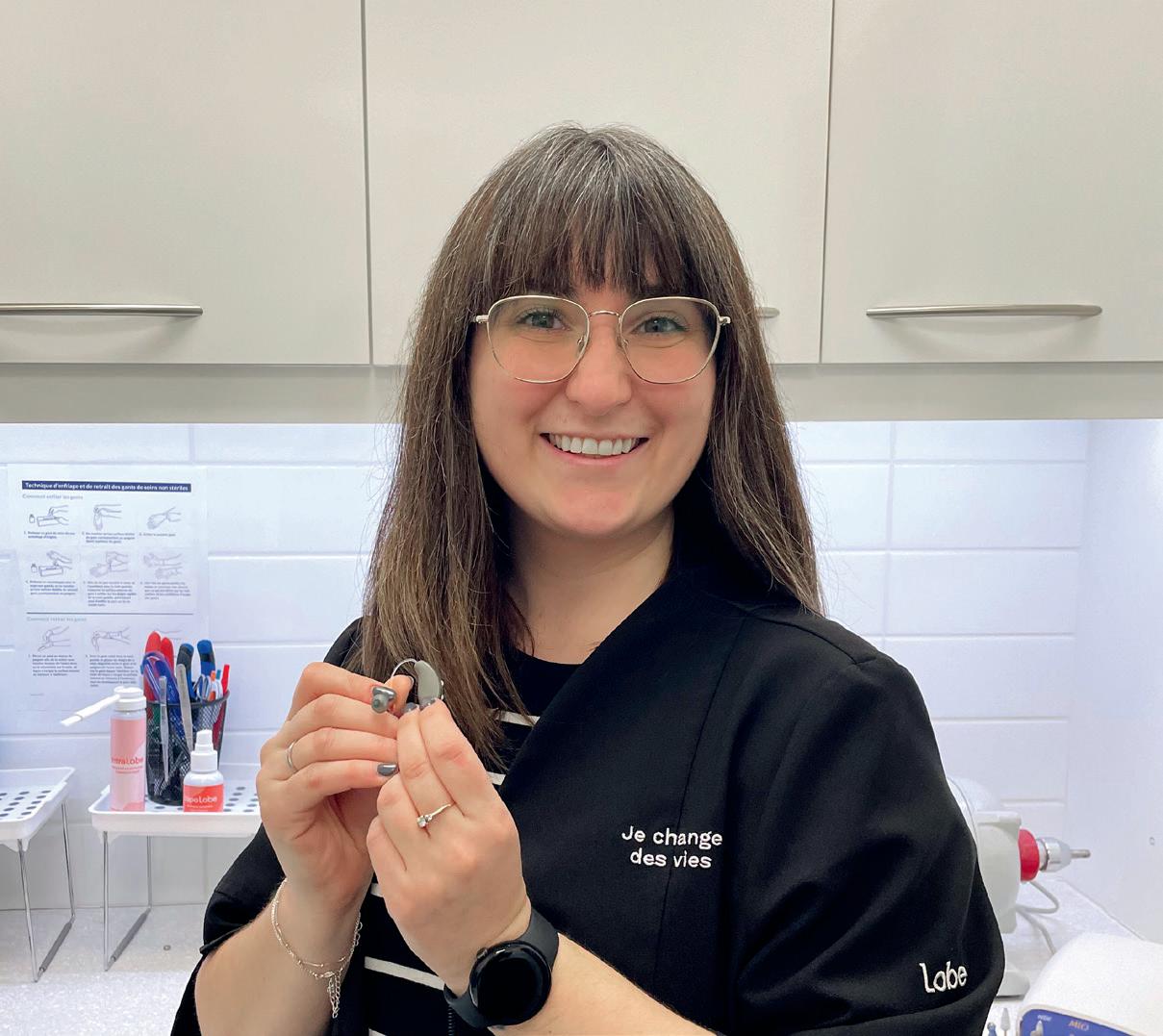
[Meeting With an Audioprosthetist]
“It's crucial to provide patients with all the necessary information so they can make informed decisions. By simplifying the interpretation of their audiogram, we encourage a comprehensive understanding, both qualitative and quantitative, of their hearing loss.”
The audioprosthetist ensures that the patient understands the different facets and impacts of their hearing loss. In addition to detailing the results of the audiogram, they explain how the ear works and present the various technologies in hearing aids, specifying the possible outcomes based on the chosen technology.
The audioprosthetist gives the patient the necessary time to make their decision, as it ultimately belongs to them, and it's imperative to empower them in their process of readjustment to the auditory world.
“The process of fitting hearing aids can be compared to physiotherapy. Just as rehabilitating a shoulder requires gradual progression and daily exercises to restore movement, the same goes for adapting the ear to listening to sounds. This involves a phase of adaptation and adjustment.”
The audioprosthetist thus emphasizes the crucial importance of motivation in this process and encourages the person with hearing loss to maintain a positive attitude.
What an enriching experience to exchange with these hearing health professionals and to witness the constant dedication they demonstrate to meet the needs of patients. Their reception is characterized by great open-mindedness and palpable empathy. Regardless of the nature of the consultation, the age or life journey of the patients, as well as the apprehensions or concerns they express, these professionals know how to approach the issue of hearing loss with sensitivity and propose avenues for reflection as well as tailored solutions.
Don't hesitate to step through the door and meet them. You will be listened to and understood!
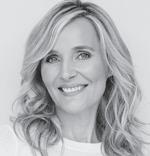 Marie-Josée Taillefer Ambassador for Lobe Clinics and Hearing Health
Marie-Josée Taillefer Ambassador for Lobe Clinics and Hearing Health
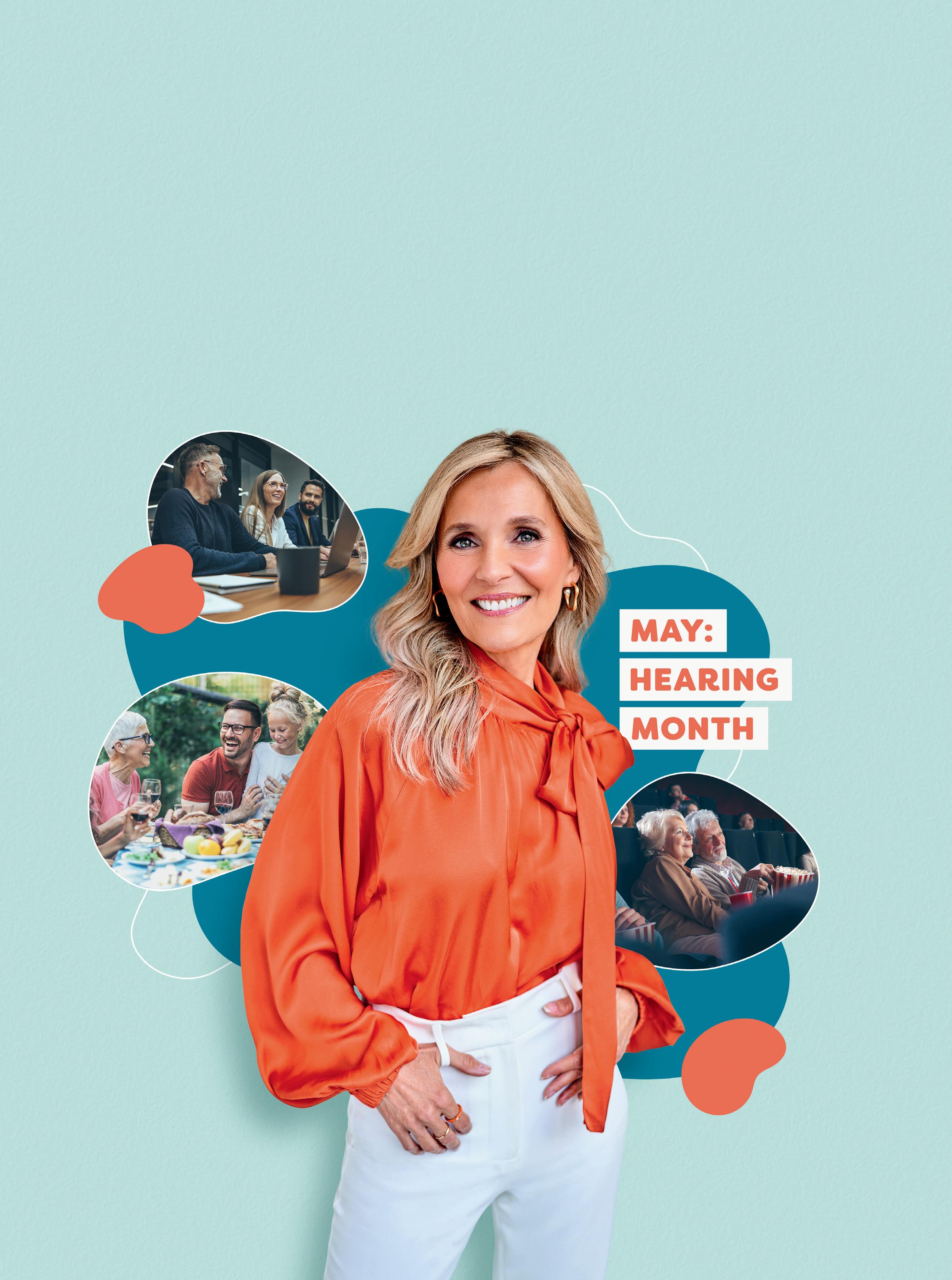
Make an appointment for a free* hearing health consultation, including a brief evaluation of your hearing.
Throughout May, appointments are also offered on Saturdays at most Lobe clinics.

Hearing health extends far beyond simply the ability to hear. It influences our communication, social interactions, and even our emotional well-being. Hearing loss can lead to progressive isolation, depriving us of enriching exchanges and limiting our participation in social life. Healthy hearing represents a precious link with our surroundings and everything that makes up our lives. Whether with our loved ones, at work, or during our leisure time, our ability to interact and share is continually enriched by good hearing.
The Hearing Month (May) offers an exceptional opportunity for professionals practicing within the Lobe clinics to raise public awareness about the benefits of good hearing health. Through an awareness campaign conducted throughout Quebec, they aim to convey an important message: take care of your hearing to rediscover the world around you and fully experience the joys of life!
It is important to note that unfortunately, people often wait too long before consulting a hearing health professional. Every moment deserves to be fully experienced without auditory issues compromising its quality. Signs of hearing loss should not be ignored. If you often ask your conversation partners to repeat themselves, increase the volume of the television, have difficulty in noisy environments, or respond inaccurately during conversations, it is time to take action.
The free hearing health consultation*, including a brief evaluation of your hearing, quickly provides you with information about the quality of your hearing.
Don't let hearing loss slow you down or deprive you of moments of happiness that await you. Participating in sports activities, attending concerts, sharing a meal with friends: by listing all that we can gain or preserve through healthy hearing, it is obvious that every instant counts and every moment deserves to be heard!

Make an appointment by calling 1 866 411-LOBE (5623).
 Marie-Josée Taillefer Ambassador for Lobe Clinics and Hearing Health
Marie-Josée Taillefer Ambassador for Lobe Clinics and Hearing Health
*Permanent offer. 18 and over.
Service offered within the Lobe clinics.

Law 25, officially known as the Act to Modernize Legislative Provisions regarding the Protection of Personal Information in the Private Sector, represents the Quebec government's response to the technological era in which we live. In effect since September 2022, this law meticulously regulates the collection, use, and sharing of personal information by businesses and public organizations.
Under the authority of the Commission d'accès à l'information du Québec, responsible for overseeing the implementation of this law, companies are required to adhere to high standards of data protection. Specifically, Law 25 requires organizations and private enterprises to establish clear privacy policies and keep their information inventories up to date. This legislation aims to modernize legislative provisions regarding the protection of personal information in the private sector, with a particular emphasis on safeguarding the data of customers and patients to prevent leaks and data theft. Personal information covers a range of data, such as name, address, date of birth, email address, banking information, social insurance number, and more.
There are several precautions to protect this information:
→ Digitizing data rather than storing it on paper.
→ Using secure platforms for data recording.
→ Fragmenting received data to avoid storing all of it in one place.
→ Developing more efficient computer protection systems.
As a user, certain precautions can also be applied:
→ Avoid clicking on unknown links in received emails.
→ Prefer in-person communications for the disclosure of confidential information.
Law 25 also stipulates that written consent is required for the collection and use of personal information. This consent must be given by the individual concerned, or by their parent if they are under 14 years of age. It is important to note that this consent does not allow for the transmission of advertisements or marketing communications via email, nor the communication of personal information to unauthorized third parties.
Within the Lobe clinics, we are committed to ensuring the protection of personal information in an increasingly digital world, while ensuring transparency and respecting patients' rights.
 Frédéric Côté Corporate Affairs Advisor
Frédéric Côté Corporate Affairs Advisor
The Régie de l'assurance maladie du Québec (RAMQ) hearing aid program covers the cost of hearing aids and assistive listening devices. The current threshold established by RAMQ for eligibility for hearing aids is a bilateral hearing loss of 35 decibels (in both ears) in adults. The program covers the costs of two hearing aids for an adult who is employed or studying and one hearing aid for an unemployed adult.
It is important to recognize that these criteria have been determined based on actuarial principles and overall cost considerations. While these parameters are essential for the budget management of the program, they should not be indicators for determining the need for hearing solutions. In reality, hearing loss below these 35 decibels can lead to significant listening difficulties in daily life, hindering various aspects of life.
The specific needs of each individual must be considered by evaluating their activities and hobbies. For example, difficulty understanding different sounds during a music class or the nuances of accents during a language lesson may be a reality for some, even if their hearing loss is below the threshold established by RAMQ. Others may encounter challenges in understanding during a lively conversation in a noisy environment or during daily activities such as grocery shopping.
An assessment by an audioprosthetist is required to determine which hearing aid suits the patient's needs.
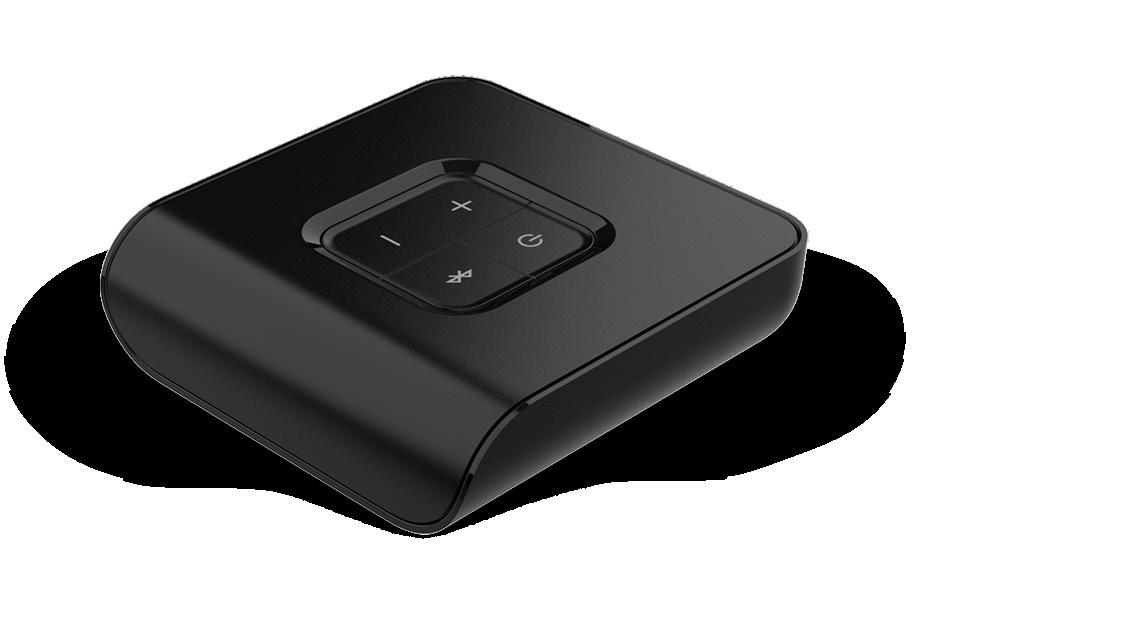
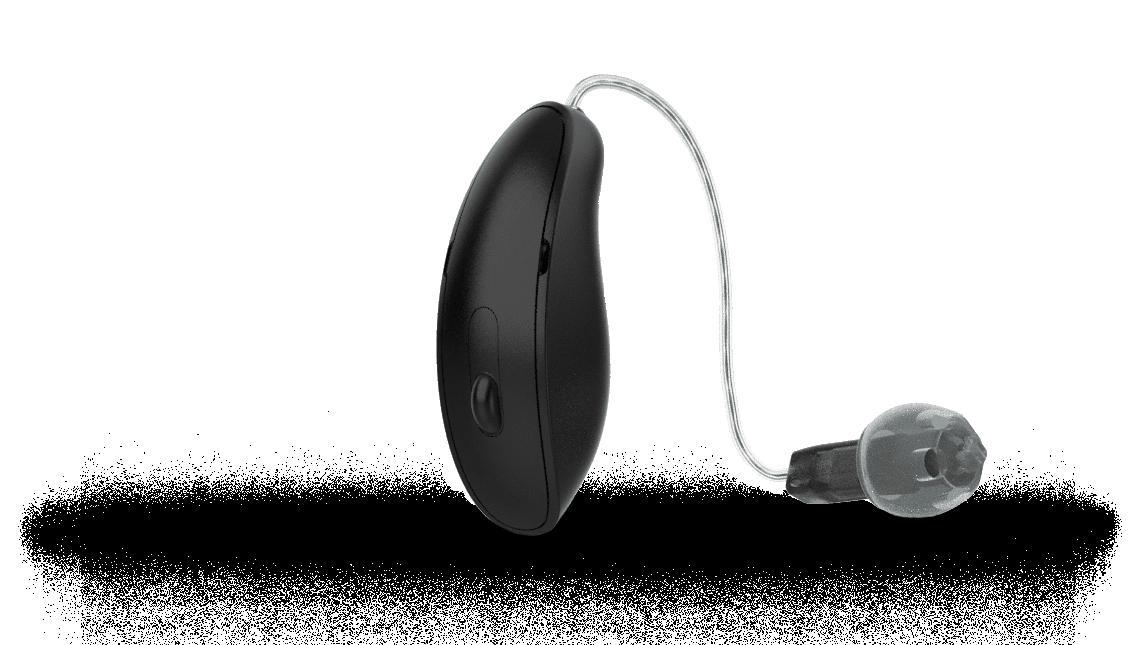

It is worth noting that addressing hearing loss is not limited solely to hearing aids. A comprehensive assessment of needs should also consider communication strategies that can be applied to facilitate better speech understanding. Assistive listening devices can also play an important role, offering complementary solutions to improve the quality of life of those living with hearing loss. Additionally, acoustic design is another key element that can aid in speech comprehension and reducing ambient noise.
In conclusion, while government criteria can serve as a guide, they should not be the sole reference in deciding to initiate a process of hearing aid fitting. Recognizing individual needs and implementing tailored solutions is essential, even below the thresholds established by RAMQ.
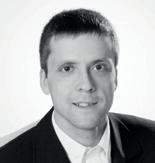 Martin
Martin
Fortin Audiologist practicing in Quebec and Beauce
Reference: - Hearing Aids. (2020). Quebec Health Insurance Board. https://www.ramq.gouv. qc.ca/en/citizens/programmes-aide/hearing-aids
Continuing education for audioprosthetists in Quebec is an essential aspect that enables members of the Ordre des audioprothésistes du Québec (OAQ) to maintain and develop their knowledge and skills. This initiative is conducted in accordance with the Règlement sur la formation continue des membres de l’Ordre, which establishes clear requirements for hearing aid specialists. Therefore, only audioprosthetists are qualified to perform hearing aid fittings for people with hearing loss in Quebec.
The primary mission of the OAQ is to protect the public. In this context, it is imperative that its members are constantly informed of changes, new protocols, and developments in the field of hearing aids. Continuing education is therefore a key tool to ensure that all audioprosthetists are up to date and competent in their profession.
Members of the Order are required to accumulate at least 30 Continuing Education Units (CEUs) over a two-year reference period. These Continuing Education Units, equivalent to 30 hours, are crucial to ensuring that audioprosthetists remain informed and competent. This obligation illustrates the Order's commitment to the quality of hearing health care provided to the population.
The topics covered during these trainings are diverse and cover a wide range of subjects related to hearing aids. Courses on laws and regulations, practice standards, ethics, and professional conduct are notably part of the program. Additionally, training on the more psychological aspects of the profession explores the development of interpersonal relationships and ways to interact with patients based on their age, needs, and reality.

Furthermore, audioprosthetists participate in training sessions specialized in hearing aids and assistive listening devices technologies. Those enable them to master the operation of the latest technologies to provide proper advice to people with hearing loss in choosing the best hearing solutions that meet their needs. Professionals are therefore aware of industry innovations and equipped to offer cutting-edge solutions to their patients.
Training types vary, offering audioprosthetists flexibility in their learning, such as symposiums, congresses, and presentations at conferences or seminars. Additionally, self-learning activities are also recognized to meet the individual needs of professionals.
To ensure the quality and relevance of the training, the OAQ uses rigorous criteria. It examines, in particular, the link between the training activity and the practice of the profession, the content of the training, the qualifications of the trainer, and compliance with the continuing education objectives established by the regulation.
In conclusion, continuing education for audioprosthetists in Quebec demonstrates the Order's commitment to public protection and the constant improvement of professional practices. It ensures that audioprosthetists remain competent and informed, thus offering superior hearing health care to the population.
If you are interested in this exclusive practice profession, do not hesitate to contact us at rh@lobe.ca.
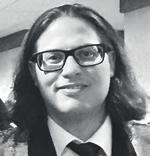
References:
- Continuing Education. (n.d.). Quebec Order of Hearing Aid Acousticians. https://audioprothesistes.org/membres-et-etudiants/formation-continue/ - Legis Quebec. (n.d.). Legis Quebec. https://www.legisquebec.gouv.qc.ca/en/ document/rc/a-33,%20r.%207
Joey Champagne Audioprosthetist practicing in BoisbriandThe Master's program in Audiology at Université Laval stands out as a leader in the training of future audiologists in Canada. This program meets the standards established by the Ordre des orthophonistes et audiologistes du Québec (OOAQ)and the Council for Accreditation of Canadian University Programs in Audiology and Speech-Language Pathology (CACUP-ASLP), ensuring that students achieve the required levels of competence by the end of their training.
While the program offers comprehensive training in accordance with established regulatory frameworks, it distinguishes itself in several innovative aspects. Among other things, it integrates Quebec's extensive expertise in cochlear implants into its curriculum. More broadly, there is a focus on technology, taking into account the rapid growth of artificial intelligence in the field.
Another notable feature of the program is the teaching of various aspects of private practice, a dimension less addressed in other programs. Since many graduates enter the private sector after their studies, it is essential to prepare them for this reality by providing training adapted to this practice environment. The program incorporates this component both in courses and internships, thus offering a complete experience of the professional environment.
Université Laval also recognizes the importance of the psychological aspect of the profession and the therapeutic relationship with patients, integrating these crucial dimensions into its program. This holistic approach ensures that future audiologists are well equipped to meet the specific needs and expectations of their patients.
The Master's program in Audiology at Université Laval is an intensive two-year program that emphasizes practical experience. Students benefit from privileged access to the Apprentis centre, a space equipped like a real audiology environment, allowing them to put their knowledge into practice with state-of-the-art equipment.
Regarding the faculty, Université Laval ensures that students benefit from diverse expertise. Whether it's university professors with a Ph.D. or post-doctoral degree, or teaching assistants in medicine, all have valuable clinical experience that they pass on to students. This allows for a balanced training between theory and practice, providing students with a comprehensive perspective of their future field.
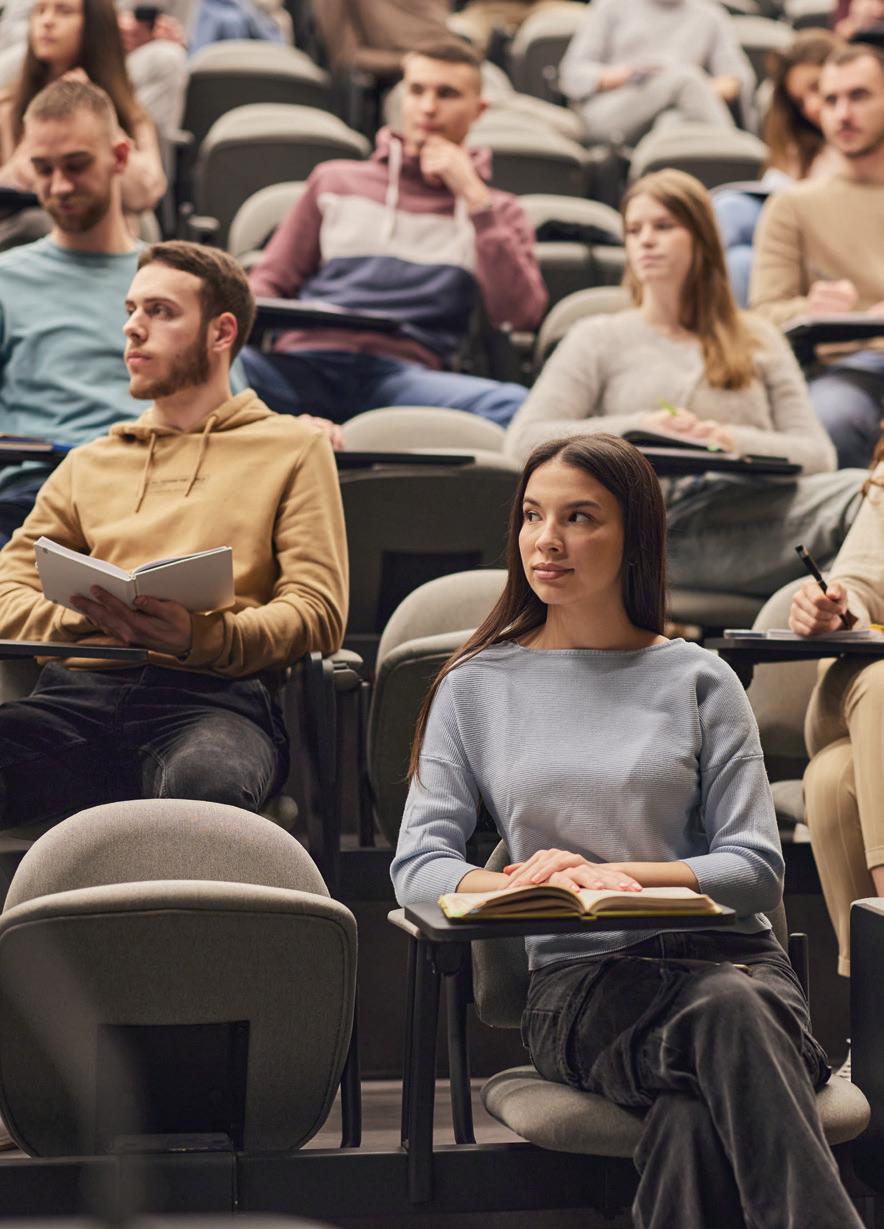
In conclusion, the Master's program in Audiology at Université Laval stands out for its commitment to excellence, innovative approach, and comprehensive preparation of future audiologists to meet the challenges of their profession with competence and compassion.
Article written in collaboration with François Bergeron, Ph.D. Director, Master's Program in Audiology



Seasonal allergies are a health issue affecting approximately 25% of adults and 20% of children. Among the main symptoms experienced by individuals with seasonal allergies are sneezing and nasal congestion.
These symptoms stem from a condition known as “allergic rhinitis,” which affects roughly 15% of the general population. Allergic rhinitis is an inflammatory reaction of the nasal tissue to allergens (e.g., pollen). Scientific literature data show that allergic rhinitis can also impact the functioning of an important passage connecting the nose to the ear, known as the Eustachian tube. Since the tissue of the Eustachian tube is connected to that of the nose, the inflammatory reaction associated with seasonal allergies can lead to the blockage of this passage.
The Eustachian tube is a structure that serves, among other functions, to regulate air pressure in a part of the ear known as the middle ear. Specifically, the Eustachian tube is responsible for the sensation of ears popping and unblocking, as experienced during airplane flights or car rides in mountainous areas. Therefore, a problem in the functioning of the Eustachian tube, also called “tubal dysfunction,” can have various consequences on the ears.
These may include:
Sensation of pressure in the ear
Ear pain
Decreased hearing
Feeling of fullness in the ear
Tinnitus
Balance problems
Generally, these consequences are temporary, as they depend on the duration of seasonal allergies. However, if tubal dysfunction persists over time, it is possible for fluid to accumulate behind the eardrum, leading to middle ear infection (otitis media). This condition can significantly affect hearing and may require medical consultation.
If you have doubts or concerns regarding an ear problem possibly related to seasonal allergies, do not hesitate to consult an audiologist or an ENT specialist.
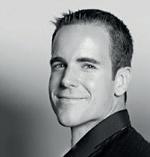
References:
Olivier Richer Audiologist practicing in Quebec
- CDC/National Center for Health Statistics (2023). More Than a Quarter of U.S. Adults and Children Have at Least One Allergy. 26 janvier 2023. https:// www.cdc.gov/nchs/pressroom/nchs_press_releases/2022/20220126. htm#:~:text=About%20one%20quarter%20(25.7%25),%2DHispanic%20 (17.0%25)%20adults
- Akhouri S, House SA. Allergic Rhinitis. [Updated 2023 Jul 16]. In: StatPearls [Internet]. Treasure Island (FL): StatPearls Publishing; 2024 Jan-. Available from: https://www.ncbi.nlm.nih.gov/books/NBK538186/
- Juszczak HM, Loftus PA. Role of Allergy in Eustachian Tube Dysfunction. Curr Allergy Asthma Rep. 2020 Jul 9;20(10):54. doi: 10.1007/s11882-020-00951-3. PMID: 32648122.
- Maddineni S, Ahmad I. Updates in Eustachian Tube Dysfunction. Otolaryngol Clin North Am. 2022 Dec;55(6):1151-1164. doi: 10.1016/j.otc.2022.07.010. PMID: 36371132.
- Llewellyn A, Norman G, Harden M, et al. Interventions for adult Eustachian tube dysfunction: a systematic review. Southampton (UK): NIHR Journals Library; 2014 Jul. (Health Technology Assessment, No. 18.46.) Chapter 1, Background. Available from: https://www.ncbi.nlm.nih.gov/books/NBK262265/
Applications can be downloaded onto your cellphone, granting access to basic and advanced functions on your hearing devices. These applications can make a real difference in your activities, leisure, and social interactions. Do not hesitate to download them.
It is important to note that your hearing aids must be compatible with your cellphone for the application to function properly.
Here are some examples of what hearing aid technology can offer:

Recording reminders in the phone as scheduled alarms that can be heard directly in the hearing devices (e.g., medication, doctors appointments).
The application offers a remote-control function allowing independent control of the volume of each hearing aids, changing listening programs, muting amplification with the “mute” function, or manually adjusting the frequency of each program.
Through the programming of sound scenarios, hearing aids recognize the surrounding environments of the wearer and adjust their settings according to listening needs (e.g., microphone directionality or noise level reduction).
Several health tracking features can help individuals with hearing loss stay motivated to achieve their health and wellness goals. The application provides a comprehensive overview of health data, such as steps taken, level of physical activity, heart rate, distance travelled, etc.
In the event of a fall, the automatic alert function immediately sends a message to designated contacts within the application. The alert includes the GPS location of the wearer. The contact can then immediately call to inquire about their condition or request assistance if needed.
A function that can help easily locate misplaced hearing devices by providing a location and time reference.
A variety of background sounds (e.g., waves or rain) and fractal music (random harmonic tones) that help mask tinnitus.
For any questions regarding the various available applications, do not hesitate to consult your audioprosthetist or specialized educator.
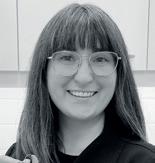 Élisabeth Auclair Specialized educator practicing in Quebec
Élisabeth Auclair Specialized educator practicing in Quebec
New hearing aids entered the market in March 2023. Integrating artificial intelligence (AI) and deep neural network (DNN) technology, this innovation pushes the boundaries of the auditory experience by enabling the brain to access all relevant sounds in an auditory scene.
What is a DNN and how can it enhance daily listening skills?
The deep neural network (DNN) is a system designed based on the functioning of biological neurons. This system goes beyond simple artificial intelligence systems by mimicking the learning curve of the human brain. It is trained to perform various tasks, such as information sorting, by being repeatedly exposed to experiences from a set of samples.
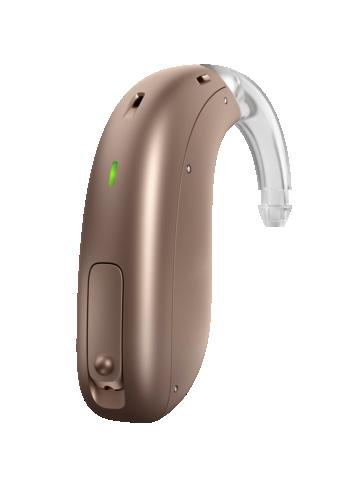
Let's take image recognition as an example. For the DNN to recognize a dog, the system is exposed to millions of photos of dogs in different contexts while being informed that these are dogs. This step is repeated multiple times until the DNN gains enough experience to recognize the animal in any situation.
Similarly, the DNN integrated into these new hearing aids has been trained on 12 million diverse sound scenes, such as restaurants, grocery stores, bustling streets, and highways, to understand how to reproduce sound in the most faithful, precise, and optimized manner possible, regardless of the context. After assimilating this information, the DNN has been integrated into the hearing aid chip, allowing it to use its intelligent capabilities to balance and prioritize essential sounds in the sound environment, resulting in a significant improvement in brain stimulation.
“This is not just a technological advancement but a true innovation in the field of hearing health.”

There are several advantages to wearing hearing aids equipped with DNN technology. Imagine yourself in a restaurant surrounded by loved ones. You are having a conversation, and at the same time, the orchestra behind you starts playing. Hearing aids with traditional technology would mostly focus on the conversation, depriving you of the richness of sounds in your environment. With hearing aids equipped with a DNN, your brain has access to all sounds in the auditory scene. You will then be able to hear the person talking to you, the orchestra playing your favourite music, and even the server explaining the daily specials. The DNN in hearing aids sends more realistic sound information to the brain while making surrounding sounds clearer and speech easier to understand. This is not just a technological advancement but a true innovation in the field of hearing health.
For more information, consult your audioprosthetist. They will be able to offer advice tailored to your needs.
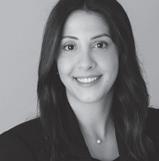 Divine Bou-Chebl, M.Sc.S. Aud(C) Sales Representative and Audiology Trainer
Divine Bou-Chebl, M.Sc.S. Aud(C) Sales Representative and Audiology Trainer
Reference: - Santurette, S., Ng, E. H. N., Jensen, J. J., & Loong, B. M. K. (2020). Oticon More clinical evidence. Oticon Whitepaper.
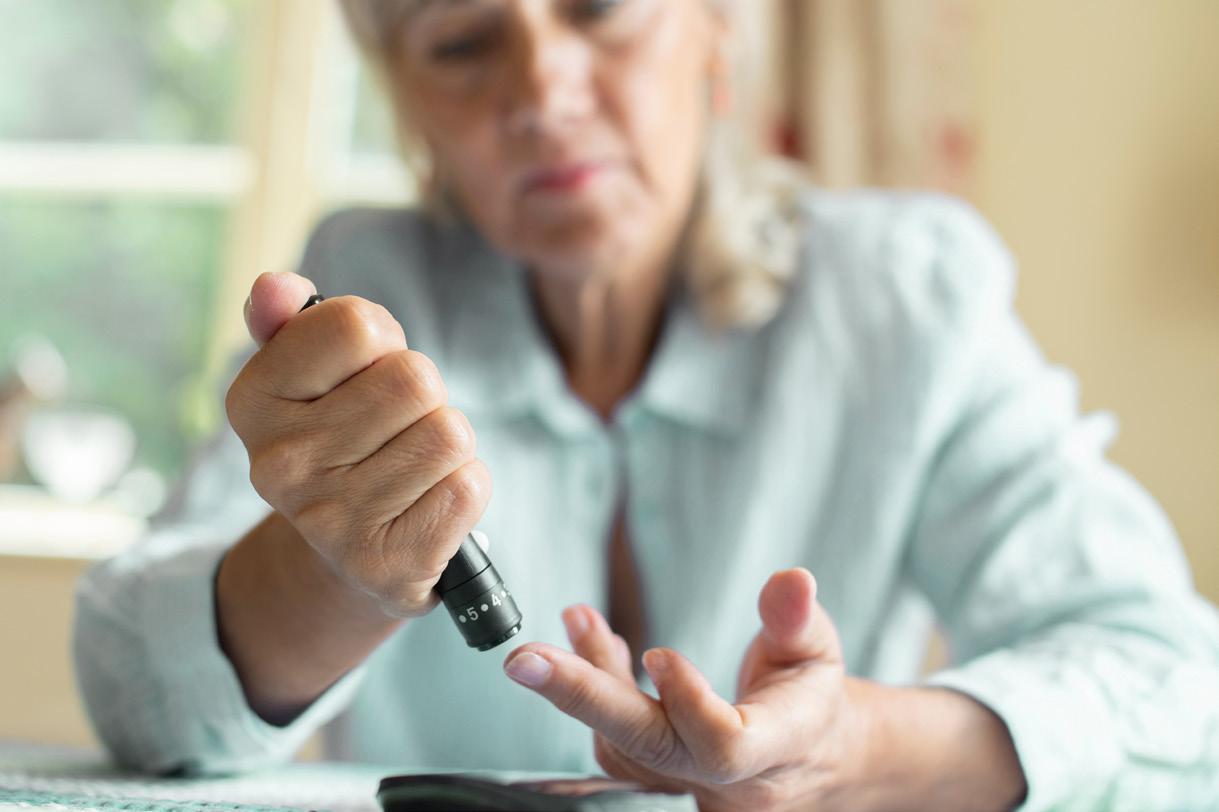
Diabetes is characterized by high blood sugar levels, which can, in the long term, irreversibly damage several organs. The main organs that can be affected are the heart, eyes, and kidneys. Furthermore, several researchers have observed a higher proportion of hearing loss in individuals living with diabetes. Indeed, over time, the blood microcirculation in the cochlea could be altered and the tissues could be less well nourished, which can result in a progressive, bilateral, and sensorineural hearing loss, primarily affecting high frequencies. To reduce the risks of developing diabetes-related complications, blood sugar levels must be maintained within target values.
Nearly 2 million people in Quebec do not have a family doctor1. Among them, tens of thousands live with type 2 diabetes. If you or a loved one are in this situation, know that there is a new resource to assist you. Diabetes Quebec, in partnership with the Ministry of Health and Social Services, has established the Support Program for People living with Diabetes. PROGRAM MANAGEMENT
The Support Program consists of two components. The primary component is for individuals living with type 2 diabetes without a family doctor, and the secondary component is for individuals living with type 1 diabetes without an endocrinologist. In both cases, the goal is to provide online support and education. Services include an assessment meeting, health examinations (if needed), initiation or adjustment of medication (if needed), and meetings with a multidisciplinary team of healthcare professionals. All appointments are conducted virtually to provide care throughout Quebec. The platform features a chat service to facilitate communication.
The Diabetes Quebec Program is 100% free. Individuals living with type 2 diabetes who wish to participate must register online on the Diabetes Quebec website: diabete.qc.ca/en/service/programme or call 514 259-3422 or 1 800 361-3504, ext. 7.
Individuals living with type 1 diabetes who wish to participate must obtain a consultation request from a physician or specialized nurse practitioner. This request can be sent by the professional or by the patient via email to programme@diabete.qc.ca or by fax to 514 259-9286.
For more information, visit diabete.qc.ca/en/, under the Services tab.
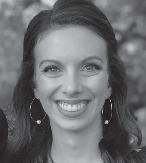 Valérie Savard, M.Sc., ÉAD Director, Diabetes Management Program
Valérie Savard, M.Sc., ÉAD Director, Diabetes Management Program
for Individuals Living with Diabetes Nutritionist Certified Diabetes Educator
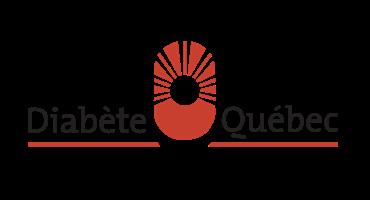
Reference: - Ministère de la Santé et des Services sociaux (June 2023), Diabetes Portrait [unpublished document]




The École oraliste de Québec pour enfants sourds ou malentendants is a place where every hard of hearing, deaf, or language-challenged student can grow, flourish, and develop skills that will be useful throughout their lives. Laurie Gauthier has been enrolled in our school since the age of 5. Here is an overview of her exceptional journey.
From the age of 7 months, Laurie was diagnosed with a hearing impairment. At 17 months, she had her first cochlear implant, which required a few years of rehabilitation at the Institut de réadaptation en déficience physique de Québec (IRDPQ). At the age of 5, Laurie underwent her second operation for a second cochlear implant.
At the age of 7, Laurie experienced visual loss due to Usher syndrome. Indeed, she lost a large part of her peripheral vision but retained her central vision. Thus, it became more challenging for her to navigate, and she sometimes needed to use a cane. Laurie had to adapt to her situation and develop new strategies to facilitate daily life.
This period of adaptation was a trial, but with the support of her family, several professionals at the IRDPQ, her friends, and her teachers, she managed to face this challenge with remarkable courage while strengthening her self-esteem.
In July 2023, Laurie even participated in the Deafblind International (DbI) congress in Ottawa, where she shared her hearing, language, and visual difficulties with a hundred people. Her presentation was even conducted in English. What an achievement!
Today, Laurie is in the process of learning braille to be prepared for any eventuality if she were to experience complete visual loss, a possible consequence of her syndrome. She demonstrates commitment and perseverance and improves day by day.
“I remember that my first year at the École oraliste was a big challenge for me. I didn't speak, I had difficulty understanding what people were saying to me, and all I could do was scream and use sign language. To make them understand me, I drew and wrote. I had a lot of ideas running through my head.”
At school, Laurie had the opportunity to benefit from personalized and supported teaching with preschool teachers for several years. She developed her oral language and language comprehension through discussions, reading storybooks, and symbolic play.
“At that time, I was able to communicate better and understand what people were expressing. Thanks to my teachers who were there during my childhood, I understood words better, I could write and read. I faced difficulties, but I also had a lot of hope that it would improve over time. I made every effort to make it easier, and I am proud of it.”
Laurie, with her resilient and persevering nature, has always been a hardworking student despite the challenges she may face. Throughout her elementary and secondary education, she demonstrated a strong desire to succeed and improve in her academic learning. With
At École oraliste, in addition to having access to teaching specific to their needs, students have the opportunity to engage in theatre and develop their language expression in a creative setting that allows them to work on language skills in a playful manner. Theatre allows students to develop their abilities to express themselves orally, work on sounds, articulate properly, and use good syntax.
Since her arrival at the school, Laurie has participated in theatrical activities and developed a keen interest in drama.
“I love theatre because it helps me articulate words that are more difficult to pronounce. Thanks to Amélie Plaisance, my teacher, I have developed my language. The first time I did theatre, I was embarrassed because of my language disorder, and I didn't speak much. Today, it's easier, I can play several characters, I've learned to have fun, and I love theatre.”
the support of the school's teachers she encountered, she gradually caught up on any setbacks she may have encountered. She worked greatly on her comprehension, explanation, and logic skills throughout her academic journey.
Now 17 years old, Laurie is in her final year at our school and ready for new challenges: integration into a new school environment.
“In 2022, when my teachers told me I could leave school because I was ready, I was stressed and unsure if I wanted to make this change. This year, I visited a new school for the first time. I noticed that everything was different, everything was new to me, and I felt free. I had never realized that since I was a child, I had gone through difficult situations, but I had also lived beautiful stories. This realization helped me overcome my fears, and my difficulties gradually became easier. Today, I can say that I finally feel ready to face my fear of changing schools and move forward to achieve my dreams.”
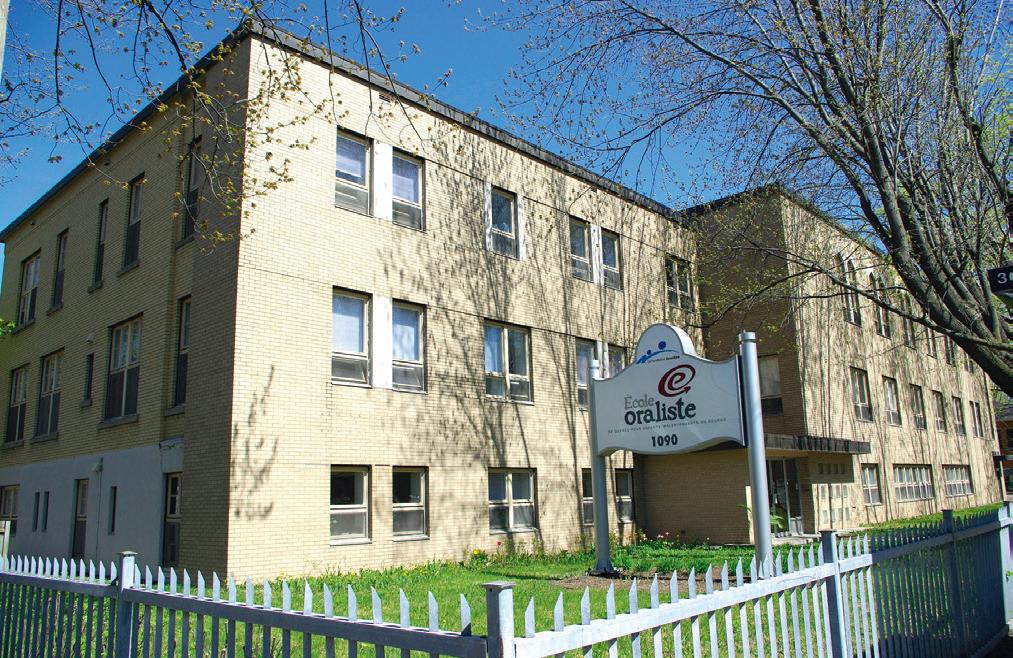
Despite hearing and visual impairments, Laurie has had a school journey filled with beautiful successes and rich experiences. She has developed qualities that will serve her throughout her life: courage, tenacity, perseverance, and resilience. She has a bright future ahead of her, and her adventure is just beginning!
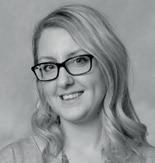
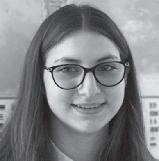
Anne-Marie Martel
Secondary School Teacher
École oraliste de Québec pour enfants sourds ou malentendants
Laurie Gauthier
Student
In the field of auditory health, a deep reflection on the adaptation and evolution of hearing aids in response to the growing needs of the population is essential.
Why invest annually in research and development? Why do education and audiology professionals closely collaborate with patients and hearing health professionals practicing in clinics? What purpose is there in engaging in this industry and supporting patients in their auditory journey?
Here are the answers to these questions:
Hearing, as a sensory function, plays a crucial role in our overall well-being, significantly impacting our physical and mental health. Hearing loss can be associated with depression, as difficulty in hearing and understanding can hinder communication, leading to social isolation. Recent research has also revealed that the use of hearing solutions can reduce the risk of depression and slow cognitive decline, thus preventing degenerative diseases such as Alzheimer's.
A major hearing aid manufacturer, through its ongoing commitment to the development of innovative technologies, explores not only aspects related to hearing loss but also the connections between hearing, cognition, and socialization.

Considering hearing solutions as “communication instruments,” many similarities can be observed in the choice of features with mobile phones. For example, when purchasing a phone, we consider our specific needs. The evaluation of the features of hearing solutions follows a similar process. It is important to understand what is available on the market, how digital hearing solutions work, which hearing solution is most suitable for your hearing loss, and which features will help meet your communication needs.
“The manufacturer contributes to redefining the very concept of better hearing and understanding, intimately linking it to the notion of better living and well-being.”

By combining its knowledge and skills in clinical audiology, psychoacoustics, cognitive psychology, acoustic engineering, and advanced statistics, this manufacturer aims to continuously improve people's lives by ensuring that their technologies provide opportunities for better hearing, promoting a healthy lifestyle and increased social participation.
Beyond technological innovation, researchers strive to validate each feature, thus ensuring the ease of use of hearing solutions. In summary, the manufacturer contributes to redefining the very concept of better hearing and understanding, intimately linking it to the notion of better living and well-being.
Consult an audioprosthetist to learn more about hearing solution technologies.
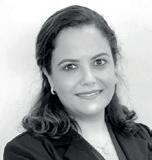
RizlaneBellamlih Territory Manager
The human auditory system is undoubtedly the best tool for sound processing. A Danish manufacturer has created hearing solutions that closely respect the functioning of the human auditory system. To achieve this, the manufacturer has opted for a design approach based on three fundamental principles.
This Danish manufacturer is committed to respecting all aspects of sound, creating an audio experience that is most authentic. To achieve this goal, the hearing devices offer a wide range of sounds while preserving their natural characteristics. This approach results in better audibility and a more direct connection with the environment, thereby helping to reduce the stress associated with hearing loss1.
This technology offers a sound experience based on precision to meet individual needs for sound quality. The person with hearing loss can benefit from optimal sound quality by integrating variability associated with the physical characteristics of their ear canal and combining it with the impact of hearing aids in their ears. Furthermore, the person with hearing loss has very intuitive access to a functionality that allows real-time adjustment of hearing aids to their sound environment.
Thorough analysis of the sound environment allows for constant adaptation to all listening situations, whether simple or complex. This technology, combined with a wide range of sounds offered by hearing aids, reduces unwanted noise, improves speech clarity and understanding, while automatically optimizing listening parameters for each situation, thus reproducing the natural functioning of the human auditory system.


An assessment by an audioprosthetist is required to determine which hearing aid suits the patient's needs.
Moreover, these hearing solutions introduce an innovative design of microphone inputs, resulting in a significant reduction in wind noise and handling noise. Finally, with improved battery life, these rechargeable hearing aids offer extended autonomy.
Consult an audioprosthetist to learn more about this hearing aid technology.
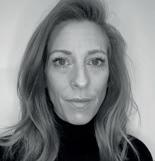
References:
Julie-Catherine Ste-Marie Audiologist- Abrams, H.B. & Kihm, J. (2015). An Introduction to MarkeTrak IX: A New Baseline for the Hearing Aid Market. Hearingreview.com. Disponible au:https://hearingreview. com/practice-building/marketing/introduction-marketrak-ix-new-baselinehearing-aid-market
- Holman, J. A., Drummond, A., & Naylor, G. (2021). Hearing Aids Reduce Daily-Life Fatigue and Increase Social Activity: A Longitudinal Study. Trends in Hearing, 25, 233121652110527. https://doi.org/10.1177/23312165211052786
1. Jayakody, D. M. P., Almeida, O. P., Speelman, C. P., Bennett, R. J., Moyle, T. C., Yiannos, J. M., & Friedland, P. L. (2018). Association between speech and high-frequency hearing loss and depression, anxiety and stress in older adults. Maturitas, 110, 86–91. https://doi.org/10.1016/j.maturitas.2018.02.002

For 54 years, the FADOQ Network has contributed to improving the quality of life for individuals aged 50 and over in the province of Quebec by being part of their lives, advocating for their rights, valuing their contributions to society, and accompanying them with a range of tailored services and activities.
The network offers a variety of leisure, sports, and cultural activities, as well as trips and events, providing participants with the opportunity to meet people and experience new things.
Founded by social worker Marie-Ange Bouchard, the FADOQ Network aims to break the feelings of isolation, insecurity, and uselessness among older adults. This noble mission has been accomplished with great success, as this large chain of human solidarity has grown from 50,000 members at its inception to over 550,000 in 2024!
“FADOQ remains relevant and more indispensable than ever to the aging population,” says Gisèle Tassé-Goodman, President of the FADOQ Network.
These five decades have been marked by major victories for the rights of seniors, such as the end of grandparents' financial obligation, the abolition of additional fees, increased investments in home care, pension fund protection, personalized allowance for small private residences, and much more.
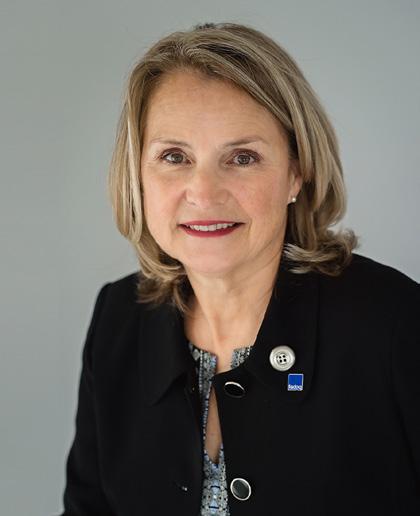
More recently, the FADOQ Network has requested that the Quebec Health Insurance Board (RAMQ) hearing aid program cover the purchase, repair, and replacement of two hearing aids for individuals aged 65 and over, instead of just one.
The FADOQ Network also has 790 clubs, 16 regional associations, and nearly 4,700 volunteer administrators across the province. Additionally, the FADOQ Provincial Games have brought together 1,200 participants annually for the past 30 years. It is also important to note the impact of major programs over the years, such as Viactive, Roses d'Or, Aîné-Avisé, Dans la peau d'un aîné, and the Ateliers FADOQ.ca, as well as win-win agreements with major partners, such as the Lobe clinics network.
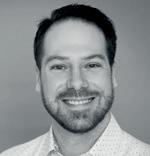 Christian Dufresne Communications Advisor
Christian Dufresne Communications Advisor

The professionals practicing at the Lobe clinics are here to listen to your needs. They offer you different personalized services to help you reconnect with the sounds that compose your world.
Do you have any doubt concerning the quality of your hearing? Begin your process by making an appointment for a free* hearing consultation, including a brief evaluation of your hearing.
If a hearing loss is detected, you will be referred to an audiologist who will perform a complete evaluation of your hearing.
The audioprosthetist is available to suggest hearing solutions that respond to your listening needs and your lifestyle, such as hearing aids directly connected to your cellphone or to your television through a Bluetooth® device
*Permanent offer. 18 and over.
An assessment by an audioprosthetist is required to determine which hearing aid suits the patient’s needs.

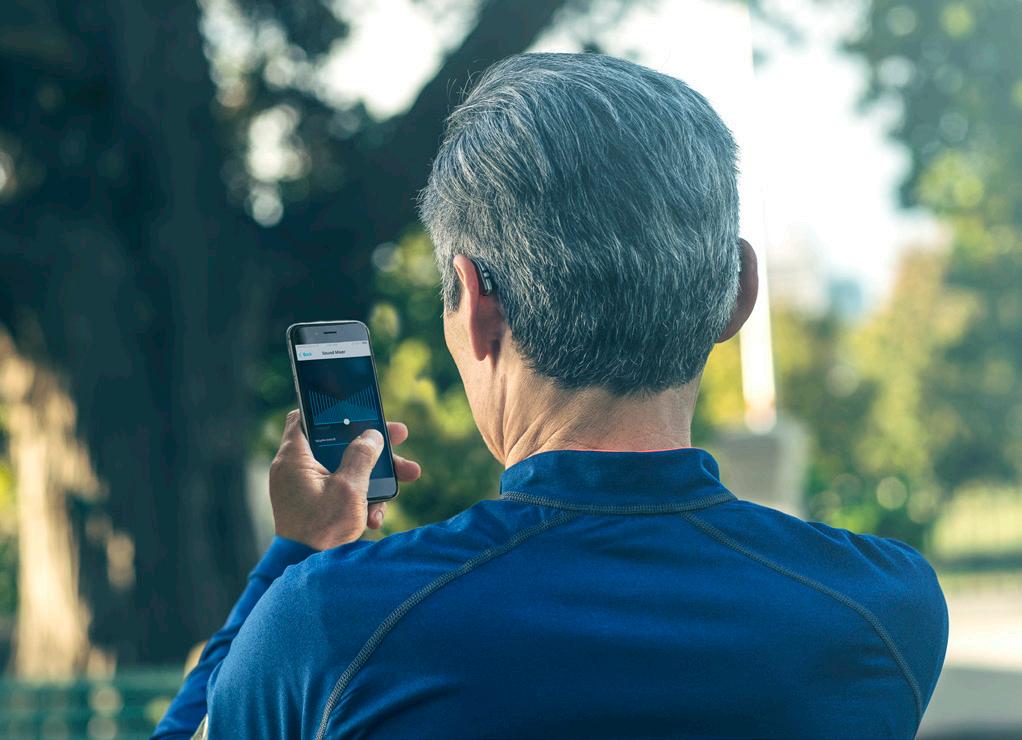

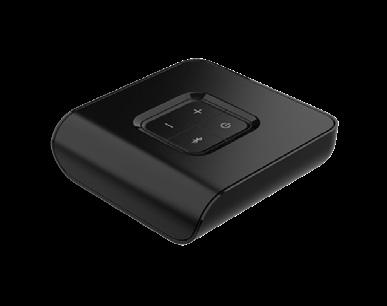
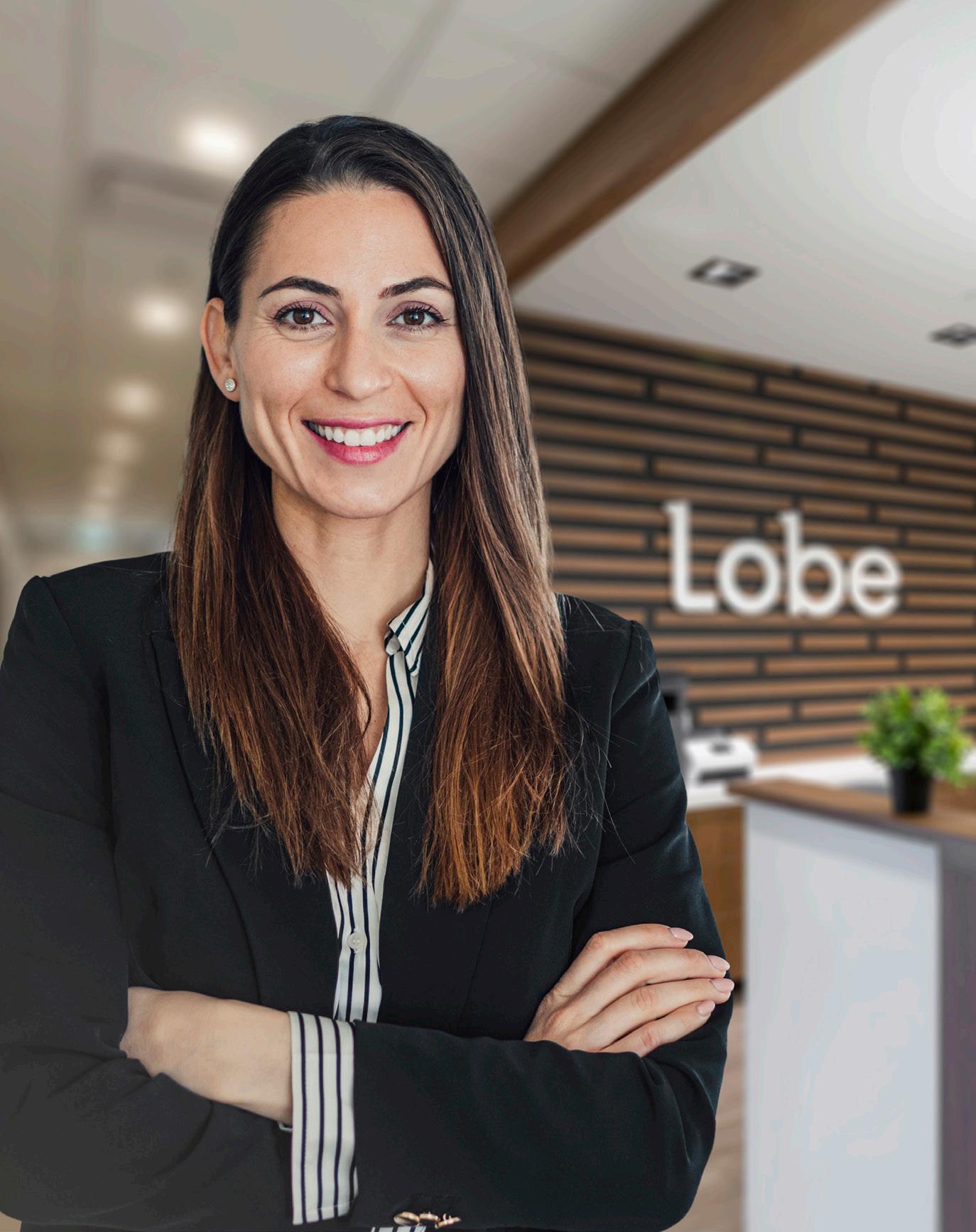

Do you enjoy taking care of others? Do you like making people happy?
Join the network of Lobe clinics, where you will find under the same roof ENT specialists, audiologists, audioprosthetists, and specialized educators.
To learn more or apply, visit careers.lobe.ca/en.
Come
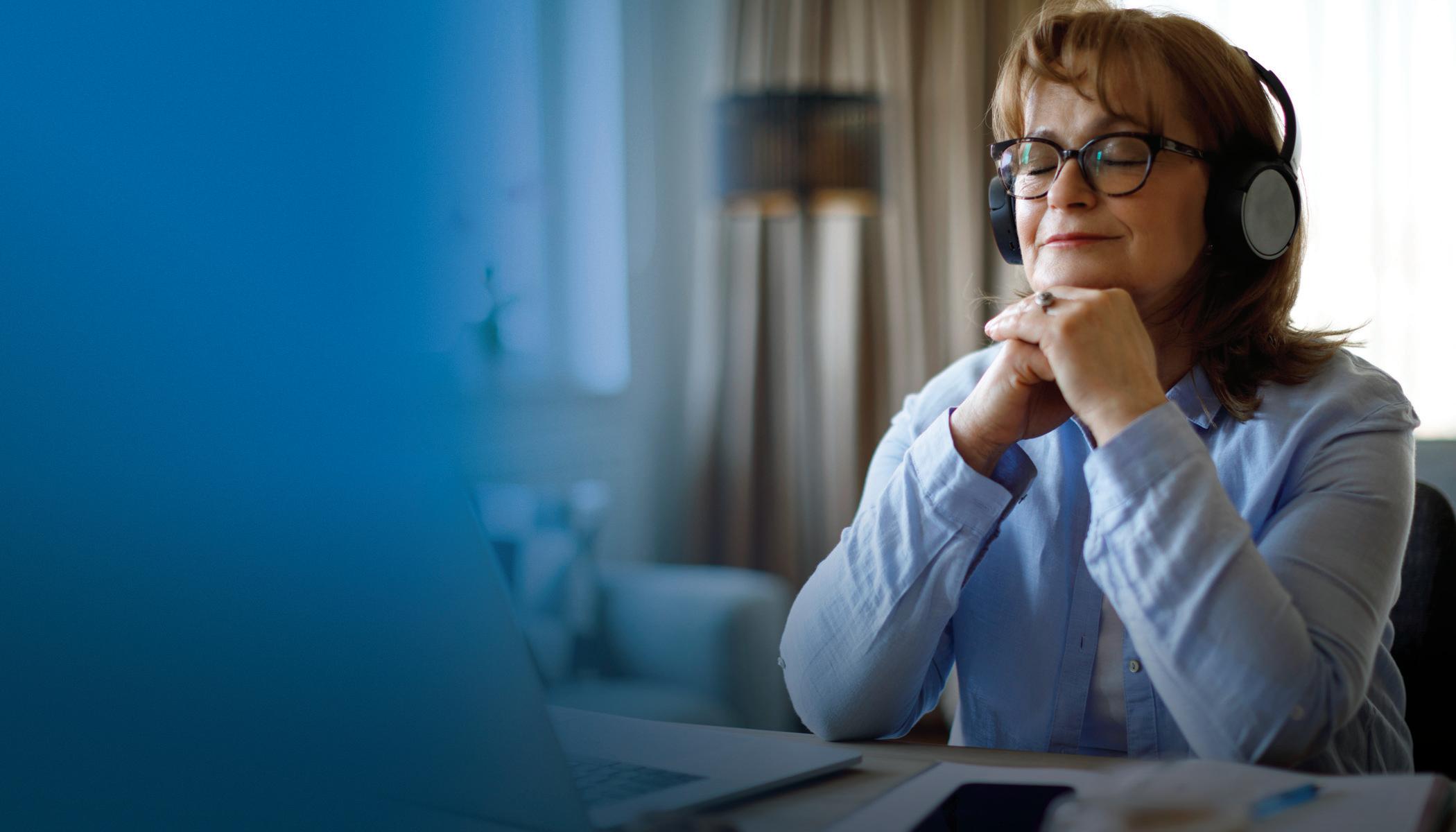
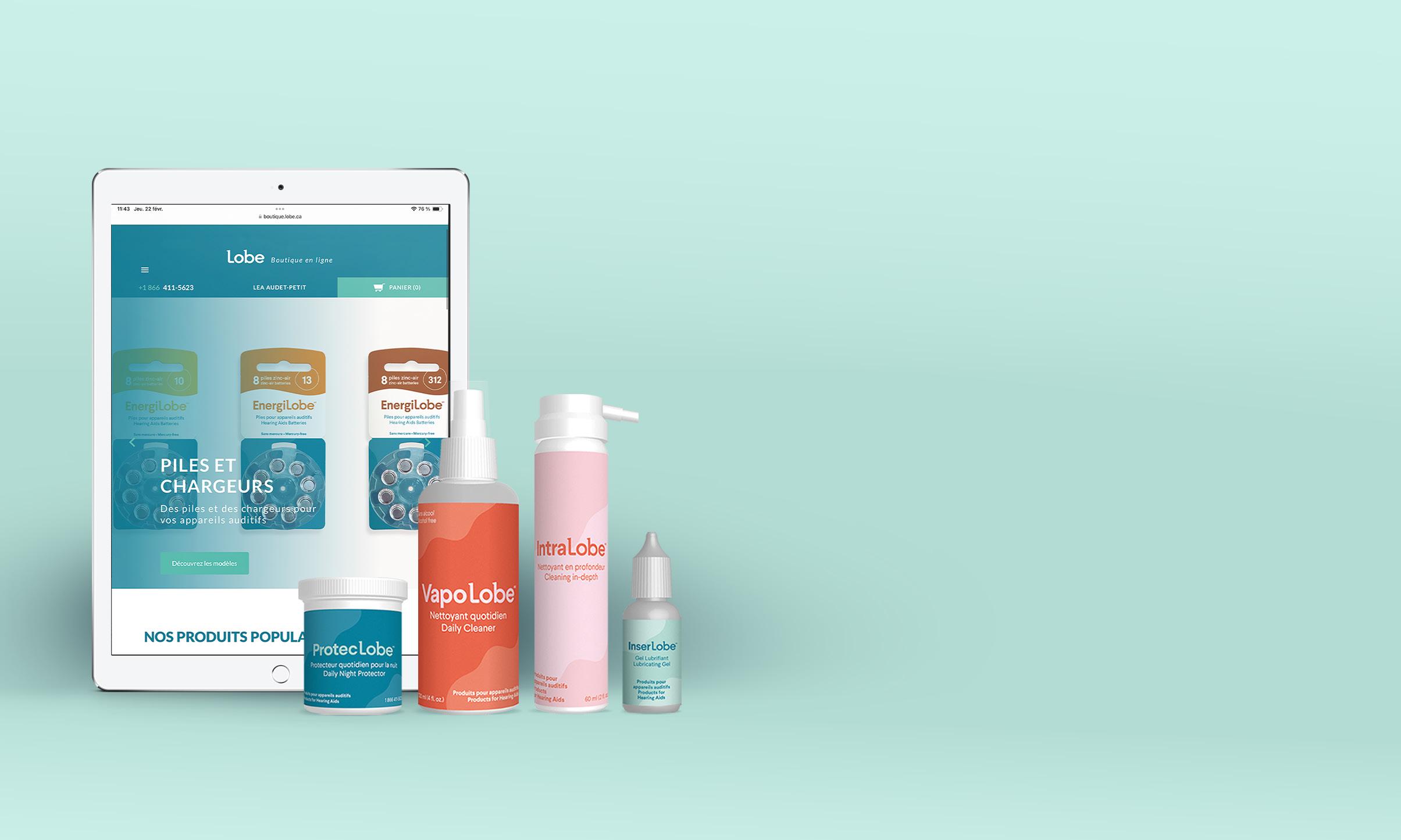
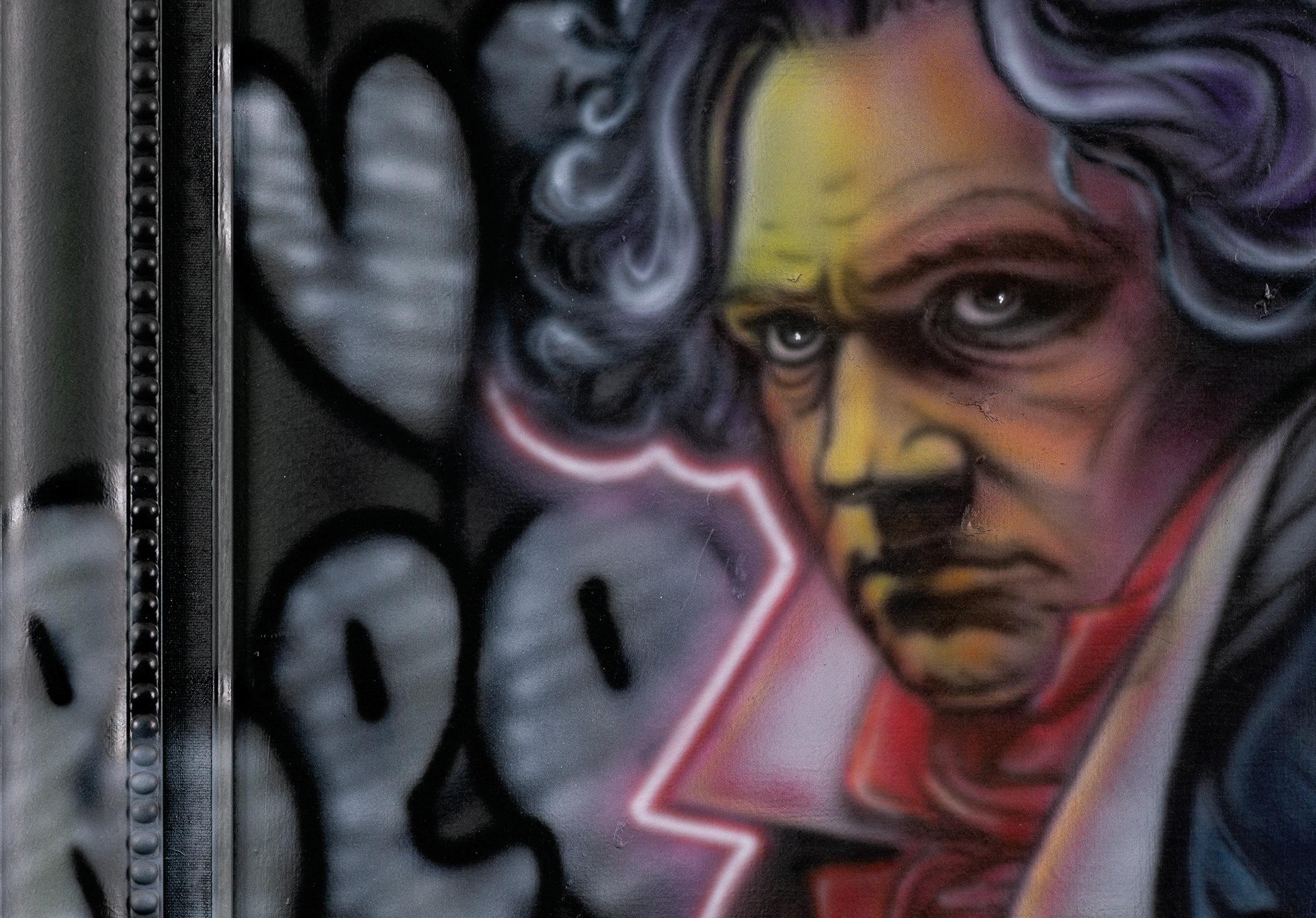
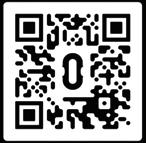

Thank you to all our collaborators who contribute to the Lobe Magazine's presence throughout the province.
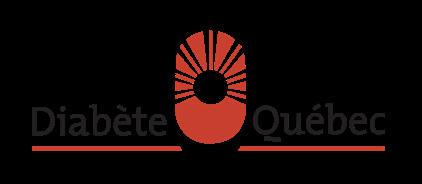

The Lobe Guides
Get a Fresh Look!
Our three guides, designed to provide advice, inform, and offer valuable assistance to people with hearing loss, now display new colours and feature updated content. Consult with hearing health professionals to obtain the guide that suits your needs.
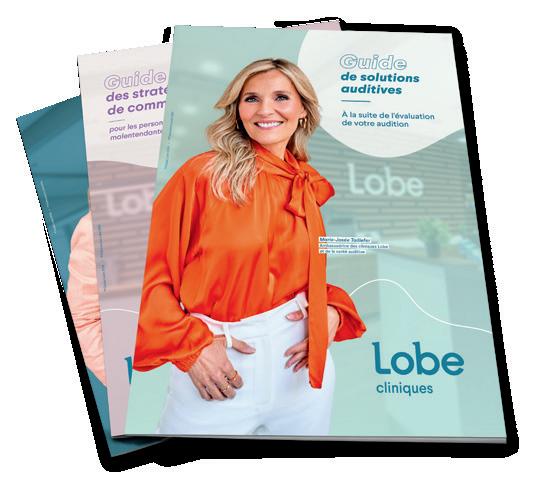
Lévis Lobe Clinic Has Moved !
The clinic, previously located on Alphonse-Desjardins Boulevard, has been relocated to 5801 Wilfrid-Carrier Boulevard, suite 207, last March. We look forward to welcoming you to these new premises.
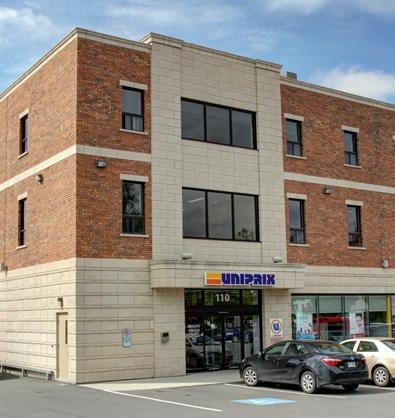
The Beaupré Lobe clinic is moving to new premises!
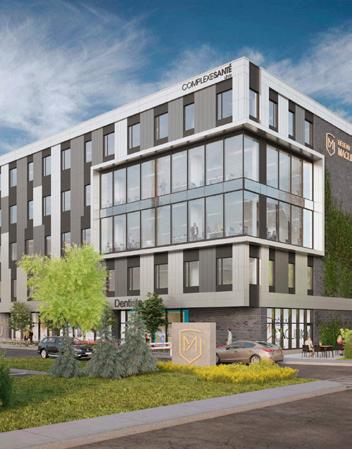
To better serve its clientele, the clinic has expanded into a larger space, still at the same address, 110 Saint-Jean Street, suite 300.
The clinic has relocated to spacious new premises. Still located at 975 boulevard Sainte-Anne, the clinic can now be found at suite 103 premises.
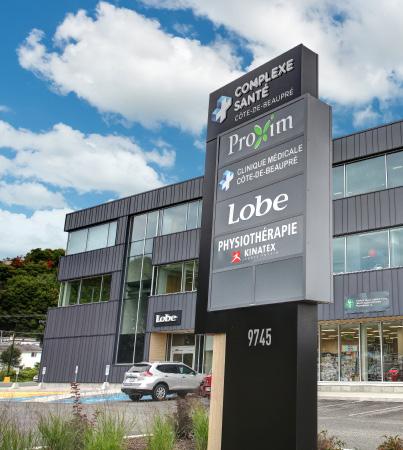
ways to get Lobe Magazine:
1 Online, free of charge, on the Customer Account of boutique.lobe.ca/en. Available just a few days before it’s released!
2 Print subscription for 3 issues per year. Available on boutique.lobe.ca/en. Some conditions apply.
3 Free of charge, in all Lobe clinics and at our different partners. Lobe Magazine, the reference in hearing health! Subscribe Now!
Questions or comments? Email us: info@lobe.ca
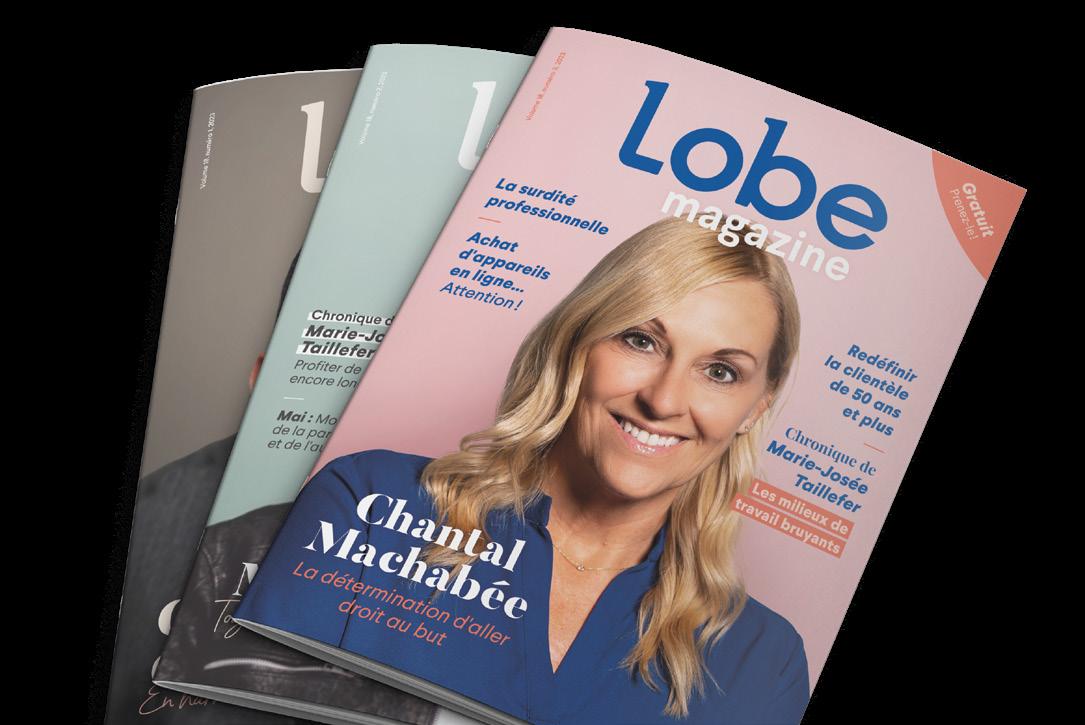
Capitale-Nationale
Donnacona
Complexe Santé Donnacona
499, route 138, suite 200
Donnacona Qc G3M 0A9
Audiologists : 581 821-2435
Audioprosthetists: 581 821-2434
Pont-Rouge
20, route de la Pinière, suite 101
Pont-Rouge Qc G3H 0M6
ENT specialists : 581 318-3505
Audiologists : 581 329-8476
Audioprosthetists: 581 329-8401
Québec • Beauport
Clinique médicale de Giffard
Les Promenades Beauport, door 4 3333, rue du Carrefour, suite A222
Québec Qc G1C 5R9
Audiologists : 418 780-6270
Audioprosthetists: 418 780-3007
Québec • Charlesbourg
La Cité Médicale de Charlesbourg
8500, boul. Henri-Bourassa
Suite 250, Québec Qc G1G 5X1
ENT specialists : 418 780-3015
Audiologists : 418 780-6270
Audioprosthetists: 418 780-3007
Québec • Lebourgneuf
Complexe Vision
725, boul. Lebourgneuf, suite 315
Québec Qc G2J 0C4
ENT specialists : 418 780-3015
Audiologists : 418 780-6270
Audioprosthetists: 418 780-3007
Québec • Limoilou
Complexe Santé Synase 1825, boul. Henri-Bourassa Suite 302, Québec Qc G1J 0H4
ENT specialists : 581 814-8901
Audiologists : 581 814-8900
Audioprosthetists: 581 814-8899
Speech-language pathologists: 581 814-8902
Free parking, coupon given at the exit
Québec • Neufchâtel
Clinique médicale DuChatel 9465, boul. de l’Ormière, suite 102 Québec Qc G2B 3K7
Audiologists : 418 915-8919
Audioprosthetists: 418 843-5244
Québec • Saint-Sacrement
Complexe La Cité Verte 1200, rue des Sœurs-du-Bon-Pasteur Suite 310, Québec Qc G1S 0B1
Audiologists : 581 742-3880
Audioprosthetists: 581 742-6050
Québec • Sainte-Foy
Clinique médicale Saint-Louis
3165, chemin Saint-Louis, suite 420
Québec Qc G1W 4R4
ENT specialists : 418 781-1735
Audiologists : 418 781-1734
Audioprosthetists: 418 781-1733
Free parking, coupon given at the exit
Québec • Val-Bélair
Polyclinique médicale Val-Bélair 1147, boul. Pie XI Nord, suite 205 Québec Qc G3K 2P8
Audiologists : 418 915-2117
Audioprosthetists: 418 915-2116
Saint-Augustin-de-Desmaures
Complexe médical l’Hêtrière
3520, rue de l’Hêtrière, suite 103
Saint-Augustin-de-Desmaures Qc G3A 0B4
ENT specialists : 418 614-1665
Audiologists : 418 614-1662
Audioprosthetists: 418 614-1661
Sainte-Anne-de-Beaupré
Complexe Santé Côte-de-Beaupré
9745, boul. Sainte-Anne, suite 103
Sainte-Anne-de-Beaupré Qc
G0A 3C0
Audiologists : 581 540-3022
Audioprosthetists: 581 540-3021
Drummondville
110, rue Saint-Jean, suite 300
Drummondville Qc J2B 7T1
ENT specialists : 819 857-4777
Audiologists : 819 857-4666
Audioprosthetists: 819 472-7676
Chaudière-Appalaches
Beauceville
Coop santé Robert-Cliche
463-B, boul. Renault
Beauceville Qc G5X 1N5
Audiologists : 581 813-3015
Audioprosthetists: 581 813-3013
Disraeli
1244, avenue Champlain
Disraeli Qc G0N 1E0
Audiologists : 581 714-3051
Audioprosthetists: 581 714-3050
Lac-Etchemin
Résidence Belvédère du Lac
301, rue du Sanatorium, suite 121
Lac-Etchemin Qc G0R 1S0
Audiologists : 418 228-7071
Audioprosthetists: 581 820-3220
Lévis
Complexe Santé Lévis 5801, boul. Wilfrid-Carrier, Suite 207, Lévis Qc G6V 0C9
ENT specialists : 418 830-5622
Audiologists : 418 830-0987
Audioprosthetists: 418 830-5623
Lévis • Lauzon
Complexe Santé Lévis-Lauzon 6750, boul. Guillaume-Couture Suite 102, Lévis Qc G6V 9H4
Audiologists : 581 629-0414
Audioprosthetists: 581 629-0413
Free parking, coupon given at the exit
Lévis • Saint-Romuald Complexe Pôle Sud 1190 A, rue de Courchevel, suite 502 Lévis Qc G6W 0M5
ENT specialists : 418 903-8102
Audiologists : 418 903-8101
Audioprosthetists: 418 903-8100
Lévis • Saint-Jean-Chrysostome Complexe Santé Taniata
700, avenue Taniata, suite 104
Lévis Qc G6Z 2C2
Audiologists : 581 629-0409
Audioprosthetists: 581 629-0408
Saint-Georges
14640, boul. Lacroix
Saint-Georges Qc G5Y 7G8
ENT specialists : 418 228-7684
Audiologists : 418 228-7071
Audioprosthetists: 418 228-2970
Sainte-Marie
340, boul. Vachon Sud
Sainte-Marie Qc G6E 1X8
ENT specialists : 418 386-3643
Audiologists : 418 386-4426
Audioprosthetists: 418 387-7988
Thetford Mines
Place 611
611, boul. Frontenac Est, suite 201
Thetford Mines Qc G6G 6Y7
ENT specialists : 418 755-0176
Audiologists : 418 755-0138
Audioprosthetists: 418 338-8777
Estrie
Lac-Mégantic
6246, rue Salaberry
Lac-Mégantic Qc G6B 1H8
Audiologists : 819 583-4631
Audioprosthetists: 819 583-6633
Granby
215, boul. Montcalm, suite 130 Granby Qc J2G 5C2
Audiologists : 450 762-2149
Audioprosthetists: 450 762-2148
Sherbrooke Ouest
Complexe de la Santé 15, rue J.-A.-Bombardier, suite A200
Sherbrooke Qc J1L 0H8
ENT specialists : 819 780-9747
Audiologists : 819 780-9746
Audioprosthetists: 819 348-4334
Sherbrooke Est
Clinique médicale GMA de la Rivière
360, rue Galt Est, suite 102
Sherbrooke Qc J1G 1X9
Audiologists : 819 416-1503
Audioprosthetists: 819 416-1502
Rock Forest 5035, boul. Bourque, suite 101
Sherbrooke Qc J1N 2K6
Audiologists : 873 639-0022
Audioprosthetists: 873 639-0023
Lanaudière
Notre-Dame-des-Prairies
Centre professionnel des Prairies 449, route 131, suite 205
Notre-Dame-des-Prairies Qc J6E 0M1
Audiologists : 579 841-0051
Audioprosthetists: 579 841-0050
Mascouche
2705, chemin Sainte-Marie Suite 102, Mascouche Qc J7K 1M8
Audiologists : 450 769-9221
Audioprosthetists: 450 769-9220
Laurentides
Boisbriand
Polyclinique 640
2000, cours Le Corbusier, suite 105 Boisbriand Qc J7G 3E8
Audiologists : 450 437-2442
Audioprosthetists: 450 437-4343
Mirabel
Complexe Médical Cité Mirabel 11800, rue de Chaumont, suite 420 Mirabel Qc J7J 0T8
ENT specialists : 579 226-0216
Audiologists : 579 226-0215
Audioprosthetists: 579 226-0214
Saint-Jérôme
Polyclinique Saint-Jérôme 200, rue Durand, suite 209
Saint-Jérôme Qc J7Z 7E2
ENT specialists : 450 565-9898
Audiologists : 450 592-0804
Audioprosthetists: 450 592-0801
Sainte-Agathe-des-Monts
Résidence des Laurentides 107, rue Principale Est
Sainte-Agathe-des-Monts Qc J8C 1J9
Audiologists : 873 228-0082
Audioprosthetists: 873 228-0081
Laval
Laval • Chomedey
Cité de l’Avenir
1575, boul. de l’Avenir, suite 120
Laval Qc H7S 2N5
Audiologists : 450 934-8362
Audioprosthetists: 450 934-2614
Laval • Chomedey 440
Carrefour Santé 440
4650, Desserte Sud Autoroute 440
Suite 370, Laval Qc H7T 2Z8
ENT specialists : 450 781-4556
Audiologists : 450 687-6897
Audioprosthetists: 450 687-0255
Mauricie
Shawinigan
3222, boul. des Hêtres
Shawinigan Qc G9N 3B6
Audiologists : 819 536-0788
Audioprosthetists: 819 539-8666
Trois-Rivières
1785, boul. du Carmel, suite 245
Trois-Rivières Qc G8Z 3R8
Audiologists : 819 415-2888
Audioprosthetists: 819 378-7477
Grand Nord Québécois
Tel.: 819 378-7477
Montérégie
Châteauguay
Complexe médical Châteauguay
288, boul. d’Anjou, suite 210
Châteauguay Qc J6K 1C6
ENT specialists : 450 844-6868
Audiologists : 450 844-6858
Audioprosthetists: 450 844-6848
Longueuil
1215, ch. Du Tremblay, door 165
Longueuil Qc J4N 1R4
ENT specialists : 450 448-4244
Audiologists : 450 448-8090
Audioprosthetists: 450 448-4544
Saint-Hubert
4025, boul. Taschereau, suite 1200
Saint-Hubert Qc J4T 2G6
ENT specialists : 450 890-3788
Audiologists : 450 890-3784
Audioprosthetists: 450 890-3781
Saint-Hyacinthe
Complexe médical M 1220, boul. Casavant Est, suite 104 Saint-Hyacinthe Qc J2S 0L6
Audiologists : 579 225-7265
Audioprosthetists: 579 225-7264
Saint-Jean-sur-Richelieu 1055, boul. du Séminaire Nord Suite 202, Saint-Jean-sur-Richelieu Qc J3A 1R7
ENT specialists : 579 296-0054
Audiologists : 579 296-0053
Audioprosthetists: 579 296-0052
Valleyfield
1020, boul. Monseigneur-Langlois
Suite 200, Salaberry-de-Valleyfield Qc J6S 0M2
Audiologists : 450 747-8651
Audioprosthetists: 450 747-8652
Vaudreuil-Dorion
Complexe Santé des Trois-Lacs 65, boul. de la Cité-des-Jeunes
Suite 220, Vaudreuil Qc J7V 8C1
Audiologists : 579 217-1236
Audioprosthetists: 579 217-1235
Montréal
Montréal • Angus 2815, rue Sherbrooke Est, suite 250
Montréal Qc H2K 1H2
Audiologists :438 844-8134
Audioprosthetists: 438 844-8133 Préfontaine
Montréal • Lachine
2000, rue Notre-Dame, suite 203
Montréal Qc H8S 2G4
ENT specialists : 514 492-1345
Audiologists : 514 492-1344
Audioprosthetists: 514 492-1343
Montréal • Notre-Dame-de-Grâce 5100, boul. de Maisonneuve Ouest
Suite 603, Montréal Qc H4A 3T2
ENT specialists : 438 844-5542
Audiologists : 438 844-5543
Audioprosthetists: 438 844-5544 Vendôme
Montréal • Rosemont— La-Petite-Patrie
Polyclinique Maisonneuve-Rosemont 5345, boul. de l’Assomption
Suite RC-20, Montréal Qc H1T 4B3
ENT specialists : 438 384-3014
Audiologists : 438 384-3013
Audioprosthetists: 438 384-3012
L’Assomption
Montréal • Saint-Laurent
Complexe médical Saint-Laurent 1605, boul. Marcel-Laurin, suite 120
Montréal Qc H4R 0B7
ENT specialists : 514 788-7753
Audiologists : 514 788-7752
Audioprosthetists: 514 788-7751
Côte-Vertu
Montréal • Saint-Léonard
Les Terrasses Langelier 6383, rue Jean-Talon Est
Montréal Qc H1S 3E7
Audiologists : 514 788-3738
Audioprosthetists: 514 798-0915
Montréal • Villeray
Carrefour Santé Villeray 8560, rue Saint-Hubert, suite 100
Montréal Qc H2P 1Z7
ENT specialists : 438 943-0022
Audiologists : 438 943-0023
Audioprosthetists: 438 943-0024
Crémazie
Free parking, coupon given at the exit
Pointe-Claire
Centre médical Brunswick
955, boul. Saint-Jean, suite 102
Pointe-Claire Qc H9R 5K3
ENT specialists : 514 782-0481
Audiologists : 514 782-0489
Audioprosthetists: 514 782-0482
Outaouais
Gatineau
Clinique Delta Santé 444, boul. de l’Hôpital, suite 110
Gatineau Qc J8T 7X6
ENT specialists : 819 243-5259
Audiologists : 819 205-7987
Audioprosthetists: 819 243-5258
Gatineau • Aylmer
Carrefour Santé Aylmer 362, chemin d’Aylmer, suite 107
Gatineau Qc J9H 1A6
Audiologists : 819 557-3154
Audioprosthetists: 819 557-3153
Gatineau • Hull
Clinique Medigo 165, boul. Saint-Raymond, suite 213
Gatineau Qc J8Y 0A7
ENT specialists : 819 966-3280
Audiologists : 819 966-3281
Audioprosthetists: 819 966-3282
Saint-André-Avellin
CLSC Petite-Nation 14, rue Saint-André Saint-André-Avellin Qc J0V 1W0
Audioprosthetists: 819 243-5258
Head Office
Complexe Vision
725, boul. Lebourgneuf, suite 303
Québec Qc G2J 0C4
Tel.: 418 877-7222
Fax: 581 814-6260
Email: info@lobe.ca
Audiology services offered in the clinics:
0-6 months, 0-99 years
3-99 years, 5-99 years
Central Auditory Processing Disorder (CAPD)
Vertigo Vestibular screening Metro station
Service covered by the RAMQ

Lobe continues its mission to be the hearing health and communication reference by being on social media.
Follow us on your favourite platforms!
Have your hearing checked.

Make an appointment for a free* hearing consultation, including a brief evaluation of your hearing.
Marie-Josée Taillefer Ambassador of Lobe Clinics and Hearing Health